|
Tower Beach
Misspellings 2
Misspellings 3
Can't And Won't
Tower Beach (9 September 2015)
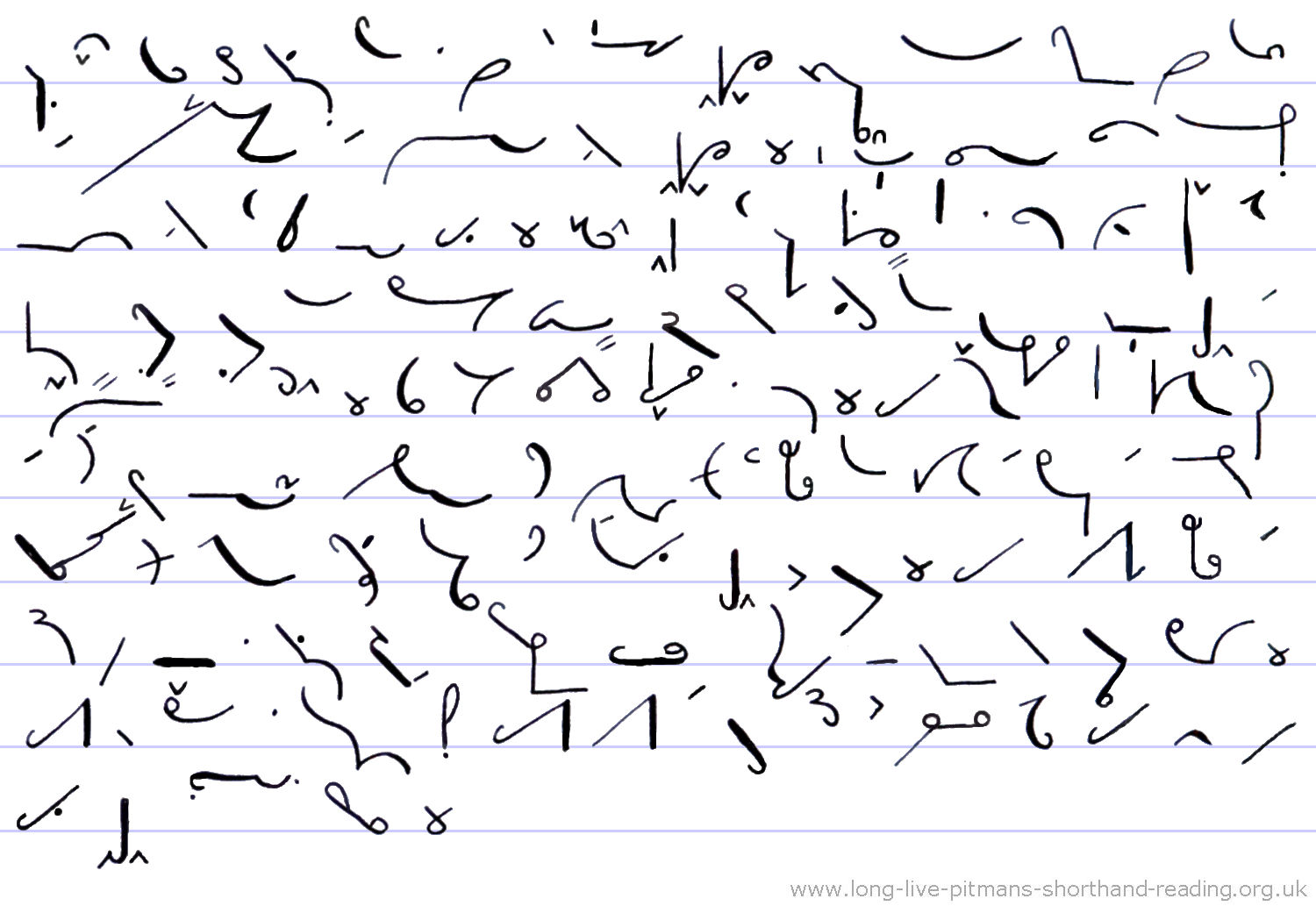
Today might have been spent poring* over a
list of awkward outlines to produce another practice list for you, and
rearranging and looking up outlines. But no, something more interesting
came up that just could not wait. I found out that today the Thames had
a very low tide and that Tower Bridge beach in Central London would be
specially open* for visitors to go down and look around. This only
happens twice a year. We arrived at 12.30 and saw people queuing,
receiving their leaflet (with instructions for health and safety, and
expected behaviour), and being "processed" for this short foray down to
the beach. We read the instructions and were each given a pair of blue
plastic gloves so that we could* pick up objects safely. We had to sign a
form stating we had read and been warned of the risks, and then we made
our way down the granite steps.
* "pore" means study intently, "pour" means tip out a liquid
* "open" Ensure clearly full length, as "opened" could also make sense
* "we
could" Not phrased, so it is not misread as "we can"
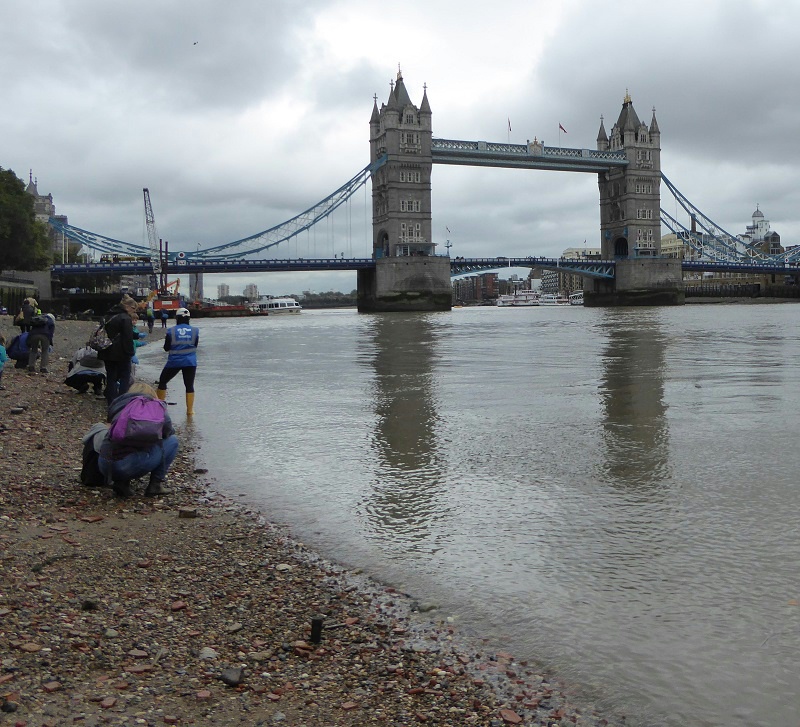
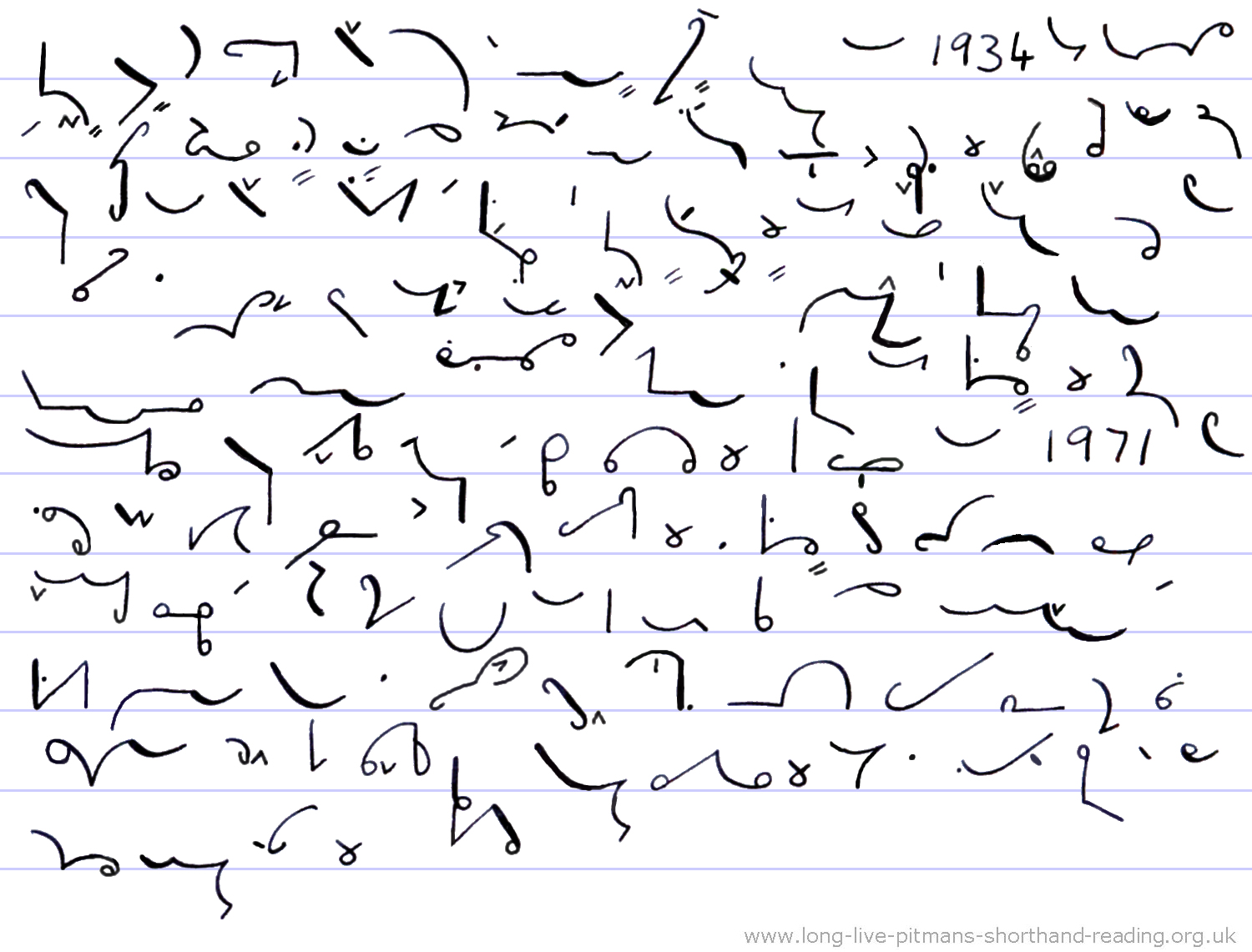
Tower Beach was created by order
of King George V in 1934 for the families and children of London’s East
End, most of whom could not afford to go to the seaside. Thousands of
tons of sand were brought in by barge and deposited on Tower Foreshore*.
In the next five years over half a million people enjoyed the new beach,
lounging on deckchairs, having picnics, making sandcastles and taking a
dip in the Thames. There were entertainments, boat rides, and food and
sweets sellers. It closed in 1971 over concerns about the health risk of
the river water. The Thames has been greatly improved since the nineteen
sixties and although there are fish in it now, it is most uninviting and
dirty looking, being a yellowish brown muddy colour, where you can see
the silt* swirling around at the slightest disturbance beneath the
surface. Only a narrow strip of sand remains underneath the wall.
* "Foreshore" Note that "shore" on its own has full strokes
* "silt" Helpful to insert the vowel, to ensure
it is not read as "salt"
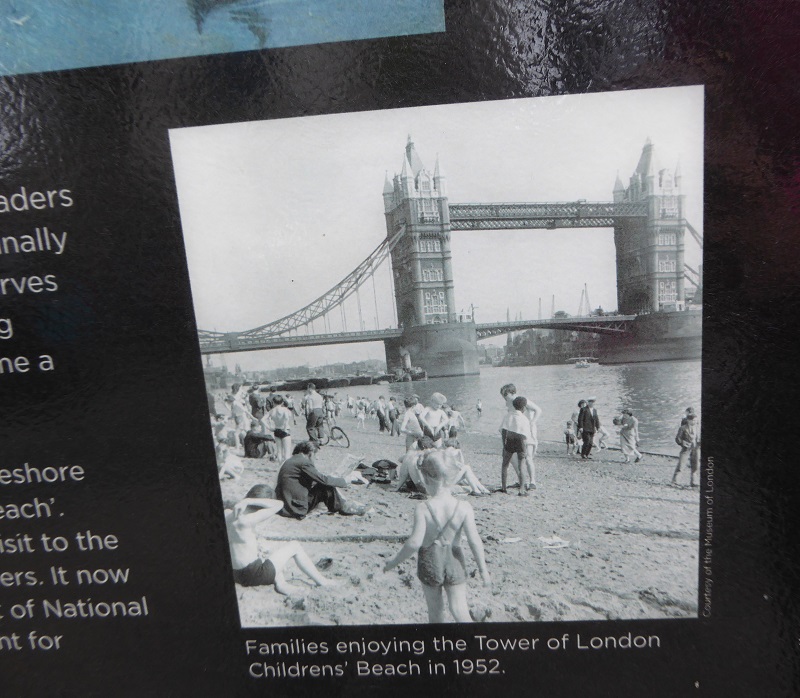
Noticeboard showing beach in use in 1952
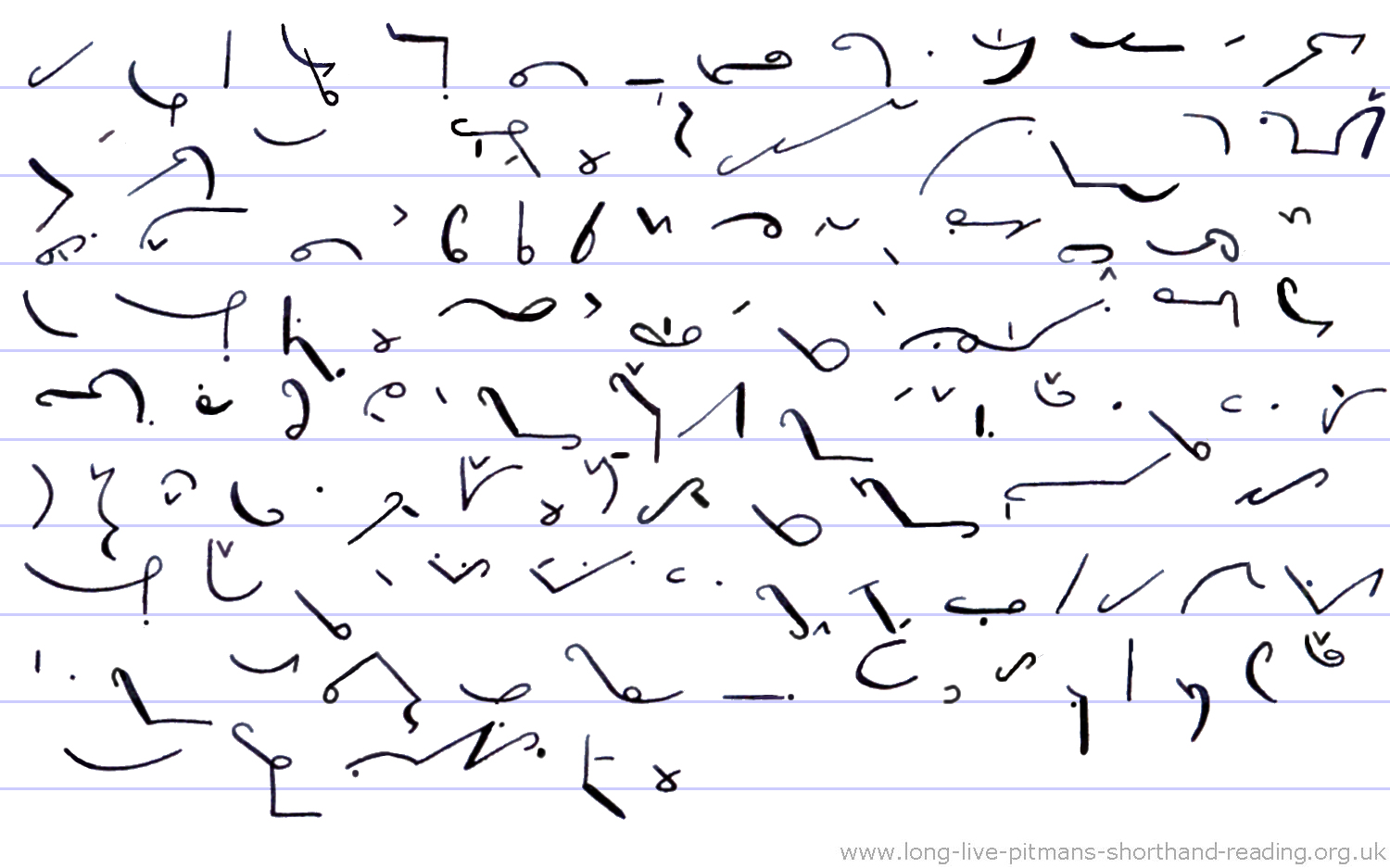
We visited it for the purpose of getting some
good photographs from an unusual angle, and record the beach and river
in close up. Although we were not litter-picking or archaeology hunting
like some of the others, it is just about impossible not to scan the
ground in front of you for interesting debris. Amongst all the stones
and pieces of masonry scattered over the gravelly* sand, there is lots
of broken bright red brick and I did find a piece with a hole, so I
think that might have been a roof tile. I saw one or two* pieces of
broken crockery, and one interesting tiny piece of patterned pottery
with a brown and blue glaze, which we left perched on a brick in the
hope that the next person coming along would want to add it to their
other finds in their plastic margarine tub.
* Omission phrase
"one (or) two"
* "gravelly" Insert last dot, as "gravel" could also make sense
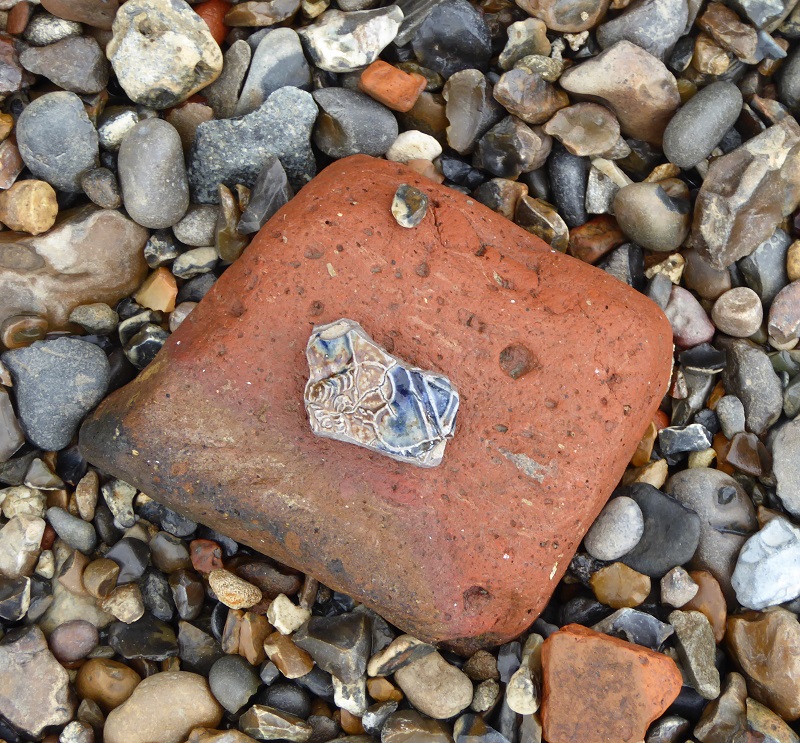
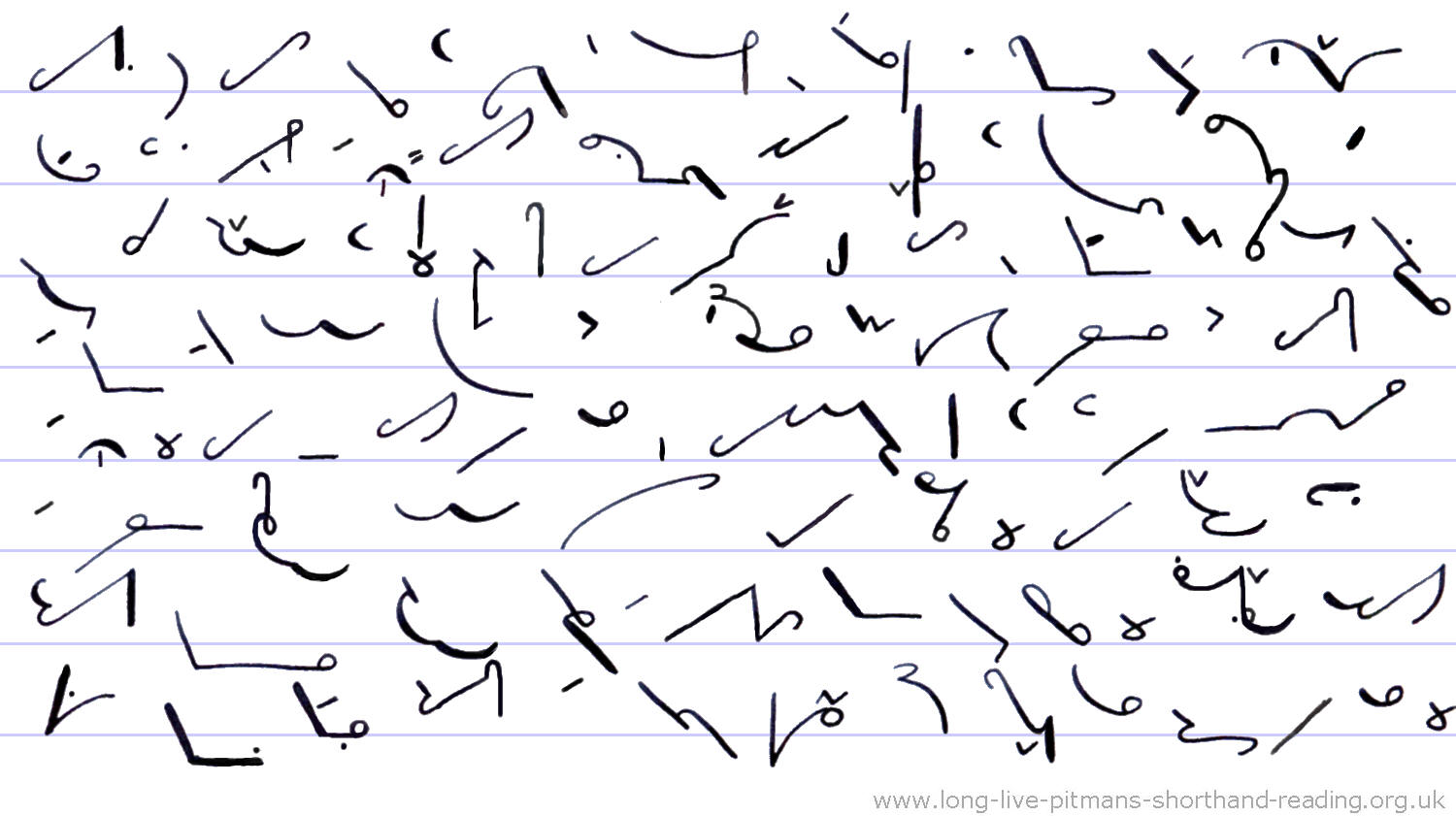
We did see one piece that will be of interest to posterity, a broken
budget mobile phone with a rusted and mud-washed circuit board, and we
decided that future searchers ought to have the chance of finding that.
To tell the truth, we really did not want to poke about in the pebbles
and pick up anything after all the warnings about the health risks of
the water and mud. We could* wash our hands but we would not be able to
do that with the cameras and risk transferring anything later on to our
sandwiches. We finally agreed that we had pictures of everything
possible and returned back up the steps. Sanitising hand wash gel, big
buckets of water and paper towels were provided for us to clean our
hands.
* "we
could" Not phrased, so it is not misread as "we can"
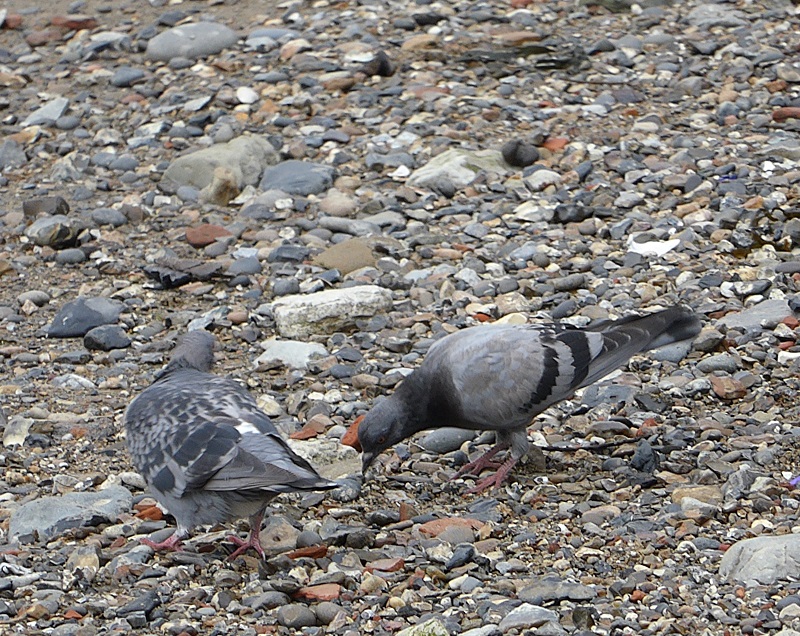
Another gold Roman coin,
wasting my time here, Pidgie
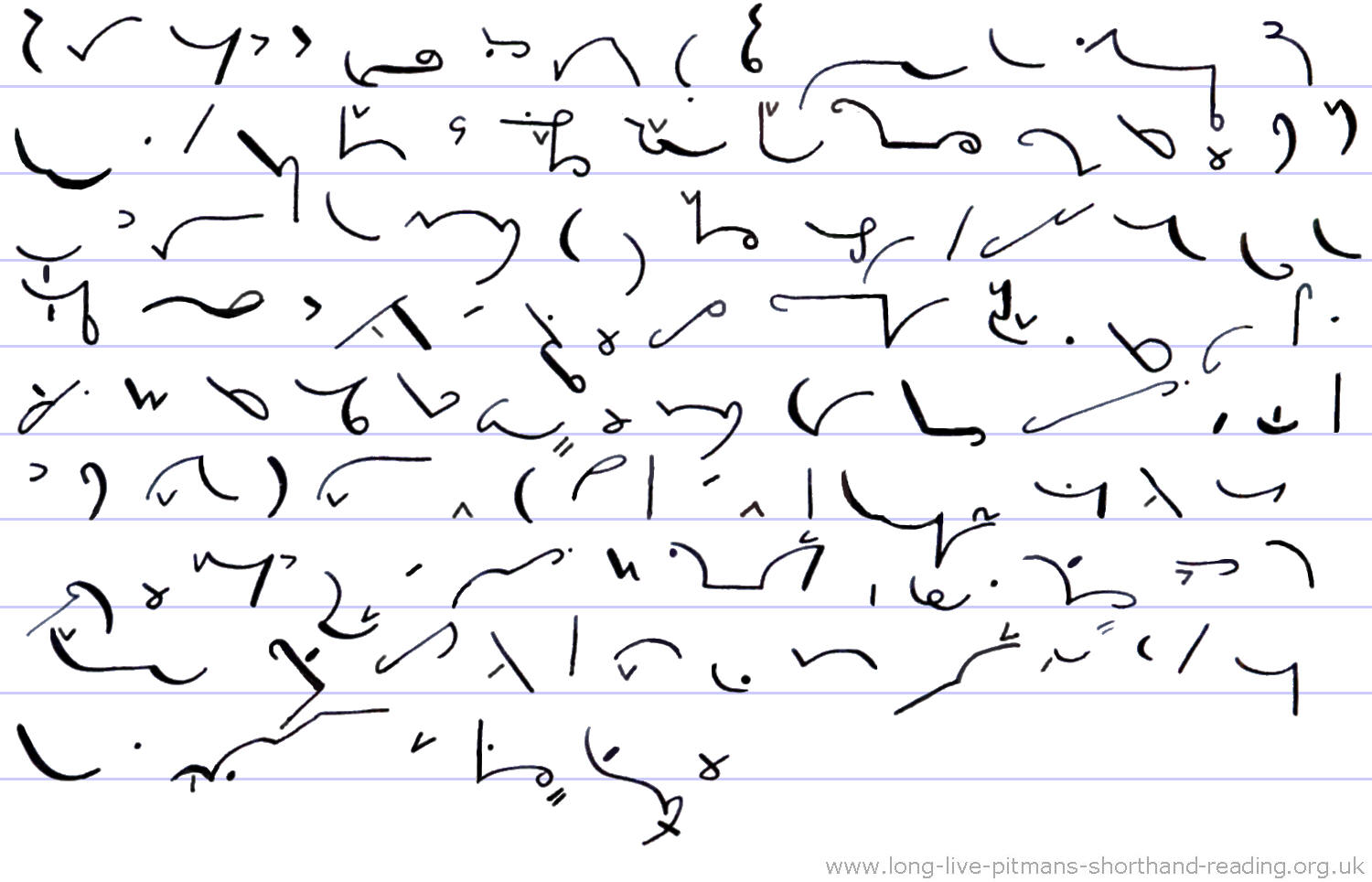
Although I will enjoy all the photographs, I can’t* help thinking that
those looking for artefacts were having a much better time, with the
excitement of finding tiny fragments from the past. Their eyes know what
to look for and I am sure they see items instantly which we would never
even have noticed amongst all the rubble and pebbles. Once correctly
identified, the pieces will tell a story about the past in this part of
London. I am sure they will begin wondering who owned it, what their
life was like, how they lost it and how it eventually ended up in the
river. I enjoy seeing and learning about archaeology but if it is not a
Roman coin or Viking brooch washed up at my feet, I am really not that
much into being a mudlark on the Thames foreshore. (732 words)
* "I can't" Apostrophied contractions must always have the vowel written in,
especially "can't" as without the vowel sign it would say "cannot"
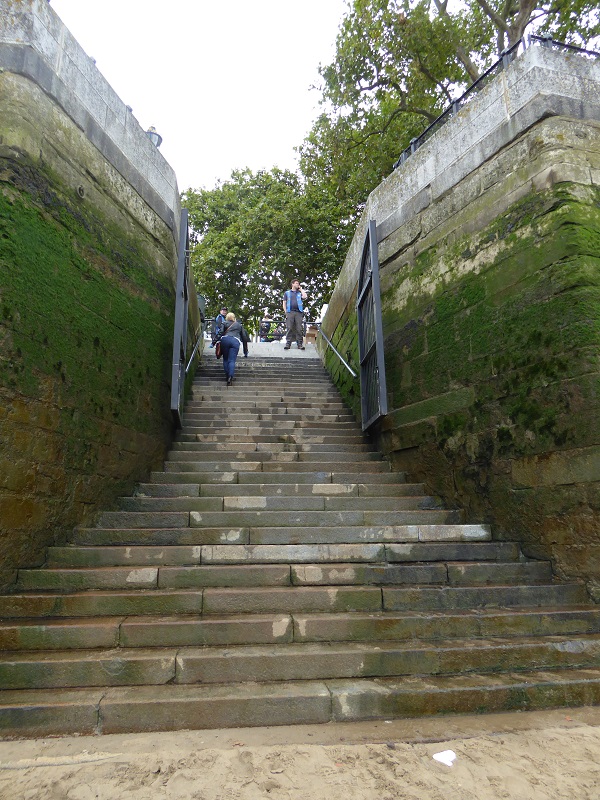
Top of page
Misspellings 2 (16 September 2015)
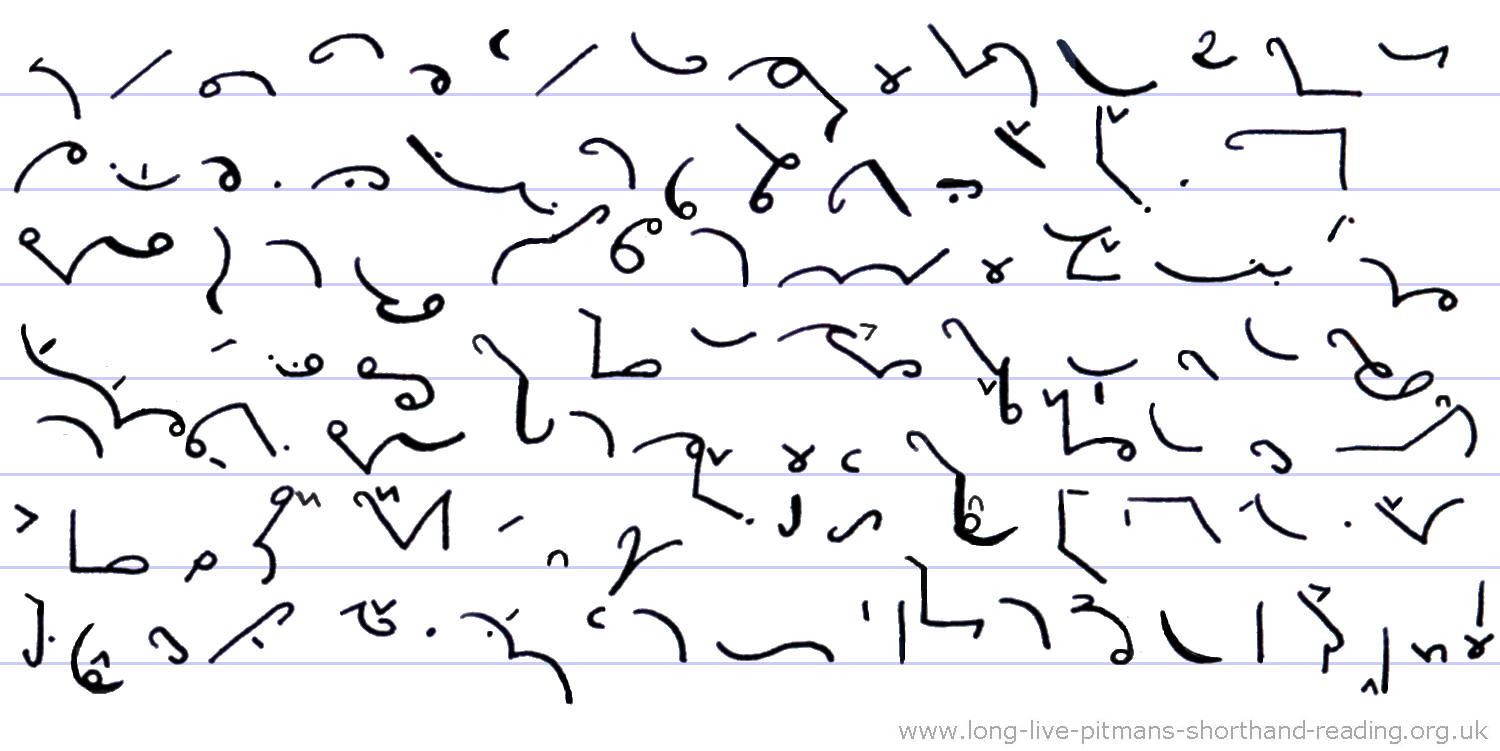
Here are some more words that are often misspelled. Apart from being
shorthand practice in the less common words, the main benefit from these
passages will be gained by typing the correct spellings, so that your
fingers learn, as well as your memory. Unlike internet chat rooms,
forums and comments sections, production of text in employment provides
no opportunity for personalised or sloppy spelling or mistyping. When
producing items for print, accuracy of the text is the highest priority,
and you surely do not want to take the top copy off a pile of 10,000
print run and find an error with your name on it, or worse have it
pointed out to you!
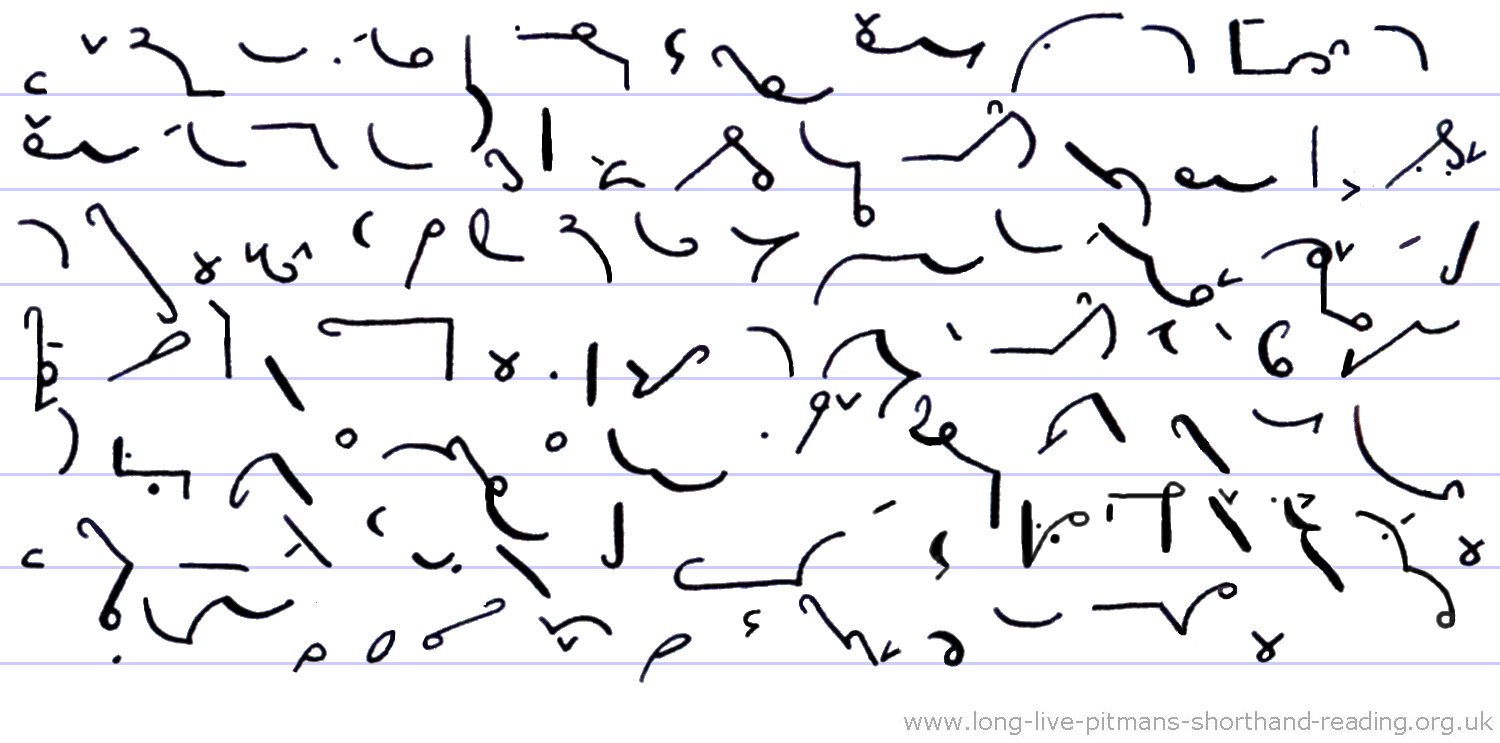
When I worked in an office, it was accepted that the person signing the
letter or document, or signing off copy for print, had ultimate
responsibility for its accuracy before sending it to the recipient or
printer. I found that such staff were often only looking for obvious
mistypes, and generally trusted the rest of it to be correct. The
difference between your level of accuracy and that of others who are not
so dedicated* will be as impressive as having a high shorthand speed, and
will be remembered in the future when projects come up that need to be
done quickly and without the delays caused* by avoidable errors. The
following is the first half of my list, with the appropriate* words
in capitals.
* "dedicated" Vowels helpful, as "deducted,
educated" have the same consonantal shape
* "caused" special outline, to differentiate from "cost"
* "appropriate" Always insert the diphone, and for "proper"
insert the dash vowel, as these are similar in outline and meaning
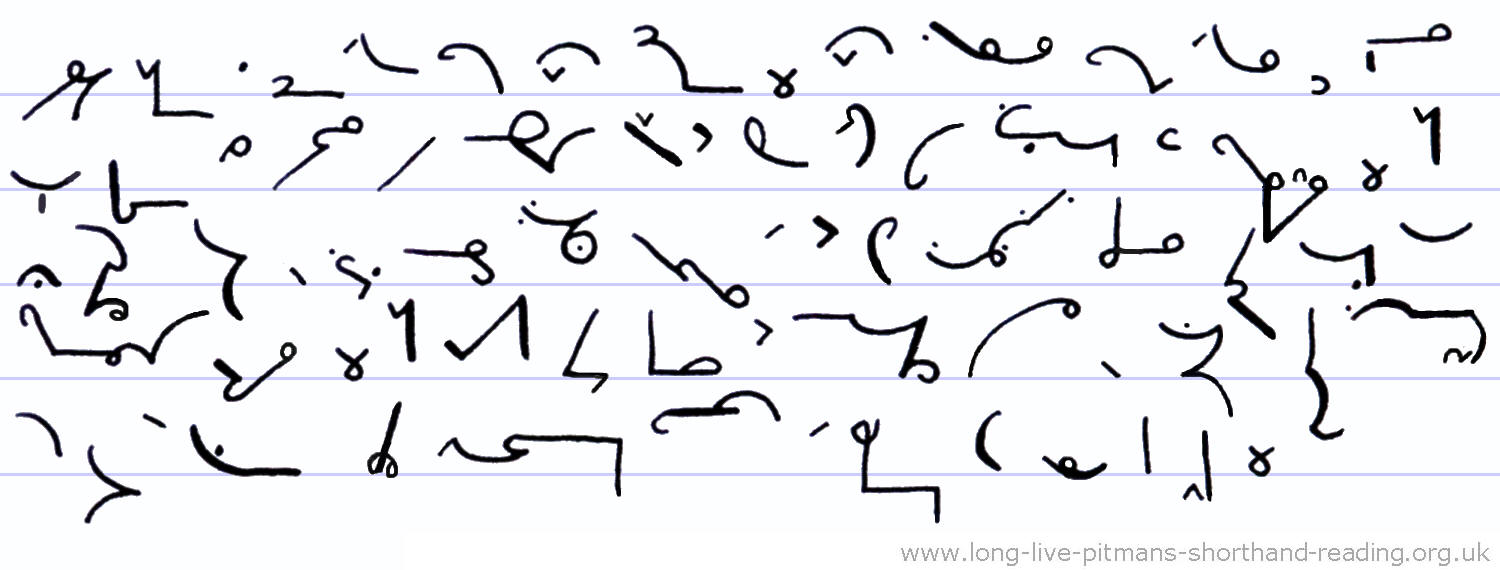
Recently I took a week off from my work. My ABSENCE from the office
would cause no difficulty, as the records are ACCESSIBLE by all the
staff and they are well ACQUAINTED with procedures. I had made
ARRANGEMENTS for them to complete the expenditure ANALYSIS papers and
all the other ANCILLARY* tasks, which would be needed in APPROXIMATELY
two weeks*. I had already checked the text of the ACKNOWLEDGEMENT
letters to ensure it was not AMBIGUOUS or full of vague GENERALISATIONS
and incorrect GRAMMAR, and instructed them to send it out.
* "ancillary" L would normally go downwards after stroke N, but it is
written upwards so that the Ray can join
* Omission phrase "two wee(k)s"
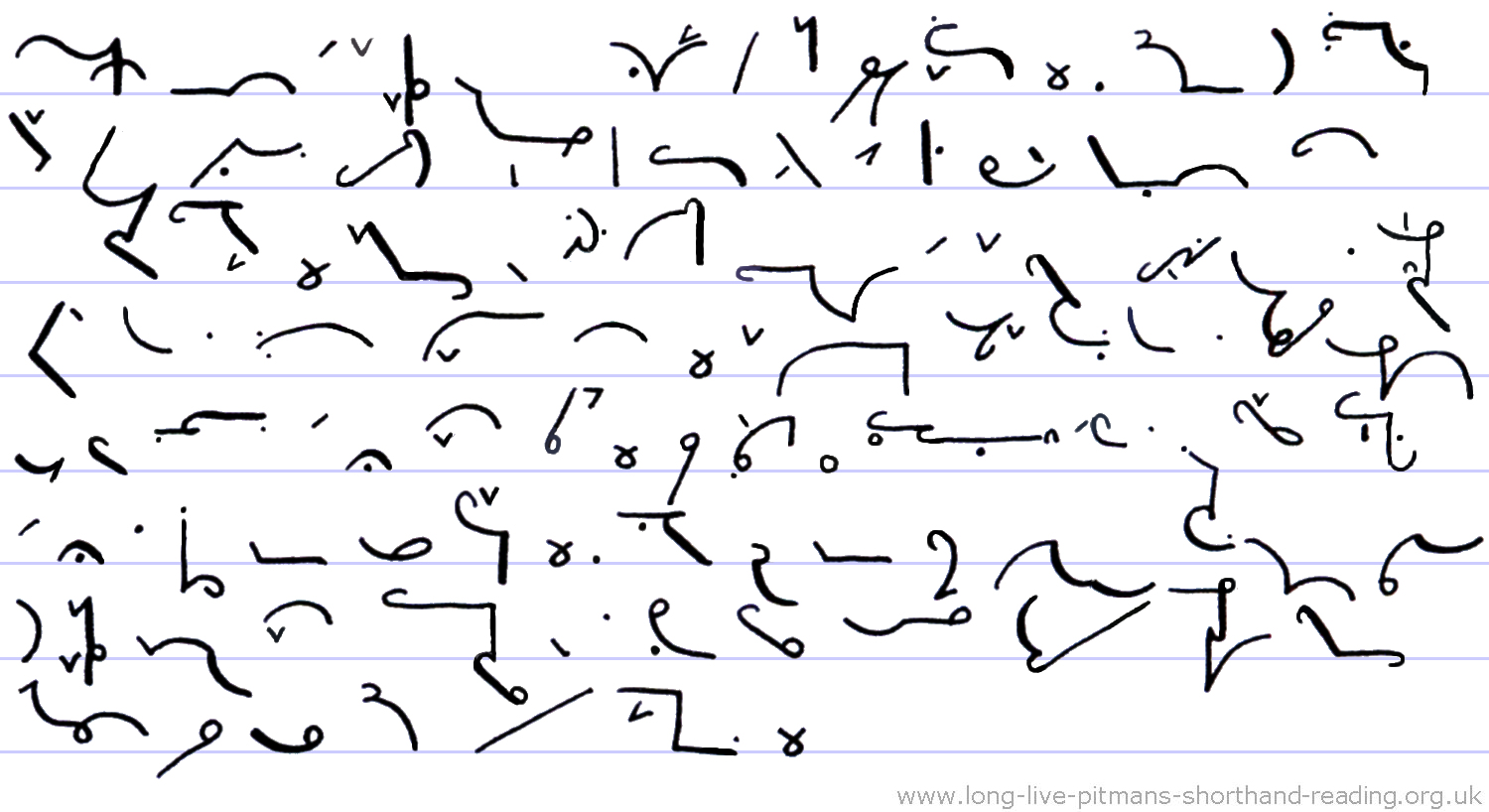
Monday morning came and I decided to fix* the AERIAL which I had recently
ACQUIRED. The work was AGGRAVATED by the changeable rainy weather, but
it cleared up and the day soon became more AGREEABLE. I began to ASCEND*
the ladder* carefully and I BRIEFLY wondered if this was an unsuitable
job for an AMATEUR like me. I looked online for an installer under the
building CATEGORY and made my CHOICE. He consulted his CALCULATOR,
offered a COMPETITIVELY priced quotation and made a COMMITMENT to come
next Friday. The cable would have to come through the living room
CEILING so I decided to move my COLLECTIBLES to a safe place in case
they were ACCIDENTALLY broken, and for some hours things were rather
CHAOTIC.
* "fix, focus" Always insert the first vowel, as
they are similar in outline and meaning
*
"ascend" Note that "ascended" uses stroke N and halved D
* "ladder" L is not doubled for -der when it is the only stroke in the outline
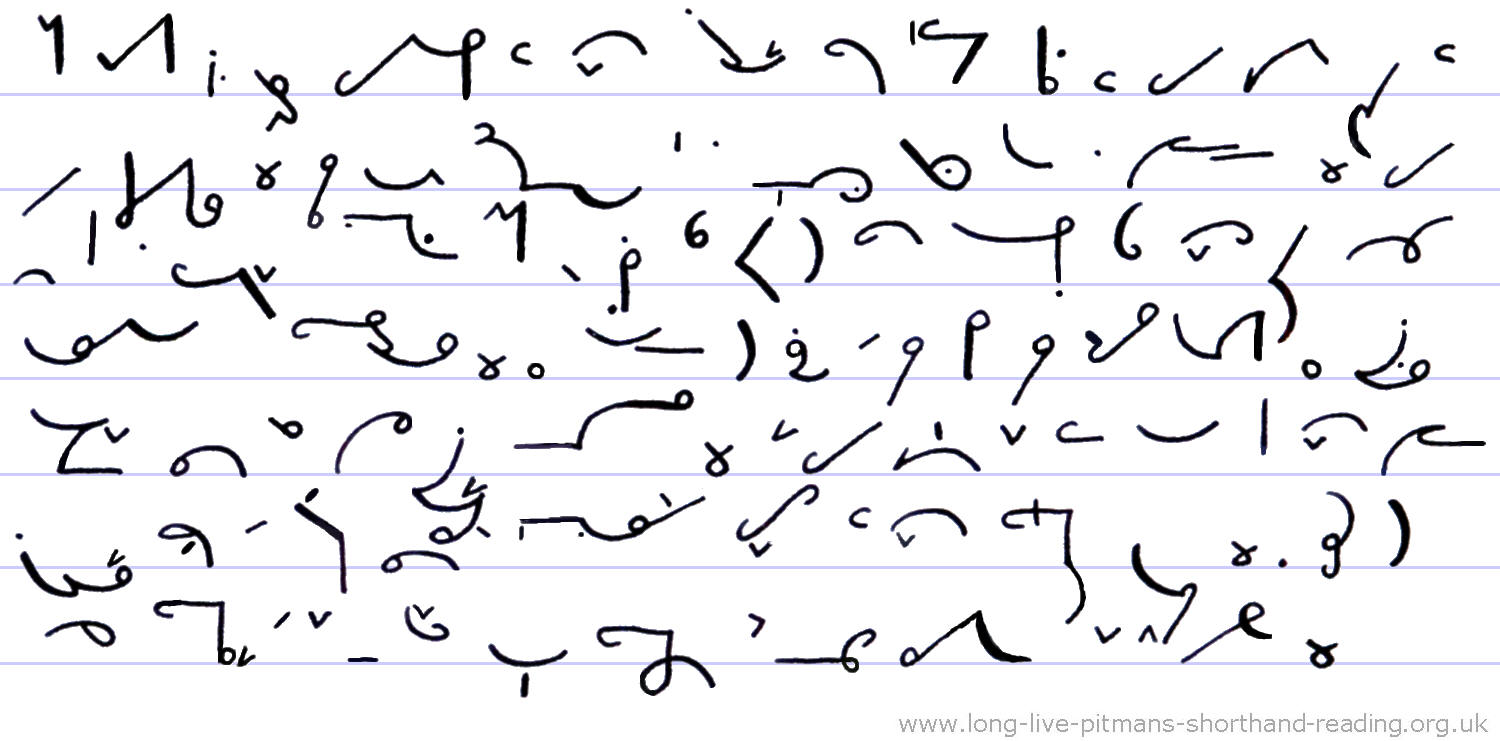
I had already COMMITTED to spend the Wednesday with my COMPANION from
COLLEGE days when we helped each other with our DISSERTATIONS. He is now
working on a COMMISSION basis for a local company. We met at a nearby
café and I had to CONCEDE that his job was more interesting than mine
which was mostly* answering CORRESPONDENCE. His income was CONSISTENT and
he said he always followed his CONSCIENCE unlike some of his less
CONSCIENTIOUS colleagues. On the way home I called in at my local
CONVENIENCE store and bought some CONNOISSEUR wine with my COURTESY
voucher. The assistant was most COURTEOUS and I could find no CRITICISM
of the excellent service I received.
* "mostly" Omits the
lightly-sounded T
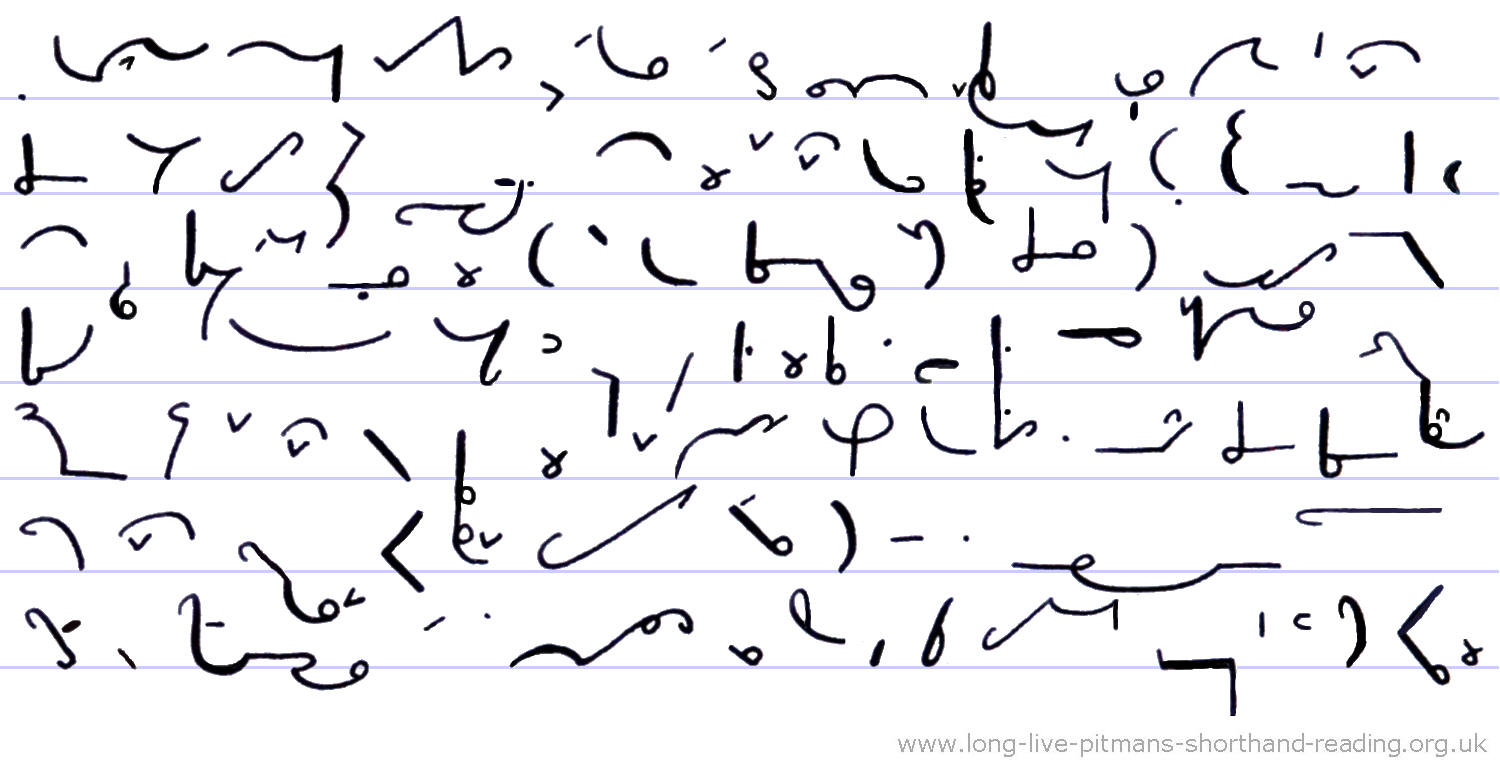
The following Monday I returned to the office and spent some time*
DECIPHERING the notes left on my desk, only one of which was CRUCIALLY
important. I might have been DECEIVED into thinking that they could not
do without me but that is DEFINITELY not the case. They all have
DESCRIPTIONS* of their tasks so no-one can be DEFICIENT in their
knowledge of what to do each day. It is a great DETERRENT against
idleness and producing work with which I might be DISSATISFIED. I
learned the NECESSITY for an accurate task DESCRIPTION* from my previous
job where the boss was quite an ECCENTRIC* character, prone to
DRUNKENNESS and an EMBARRASSMENT to his staff who just wanted to get on
with their jobs.
* "some time" Halving for the T of
"time"
* "description" The singular of this word uses a contraction, the
plural has a full outline as it is similar to "discourse"
* "eccentric" Doubling here follows the outline for "centre" in order to
gain a very quick and convenient outline
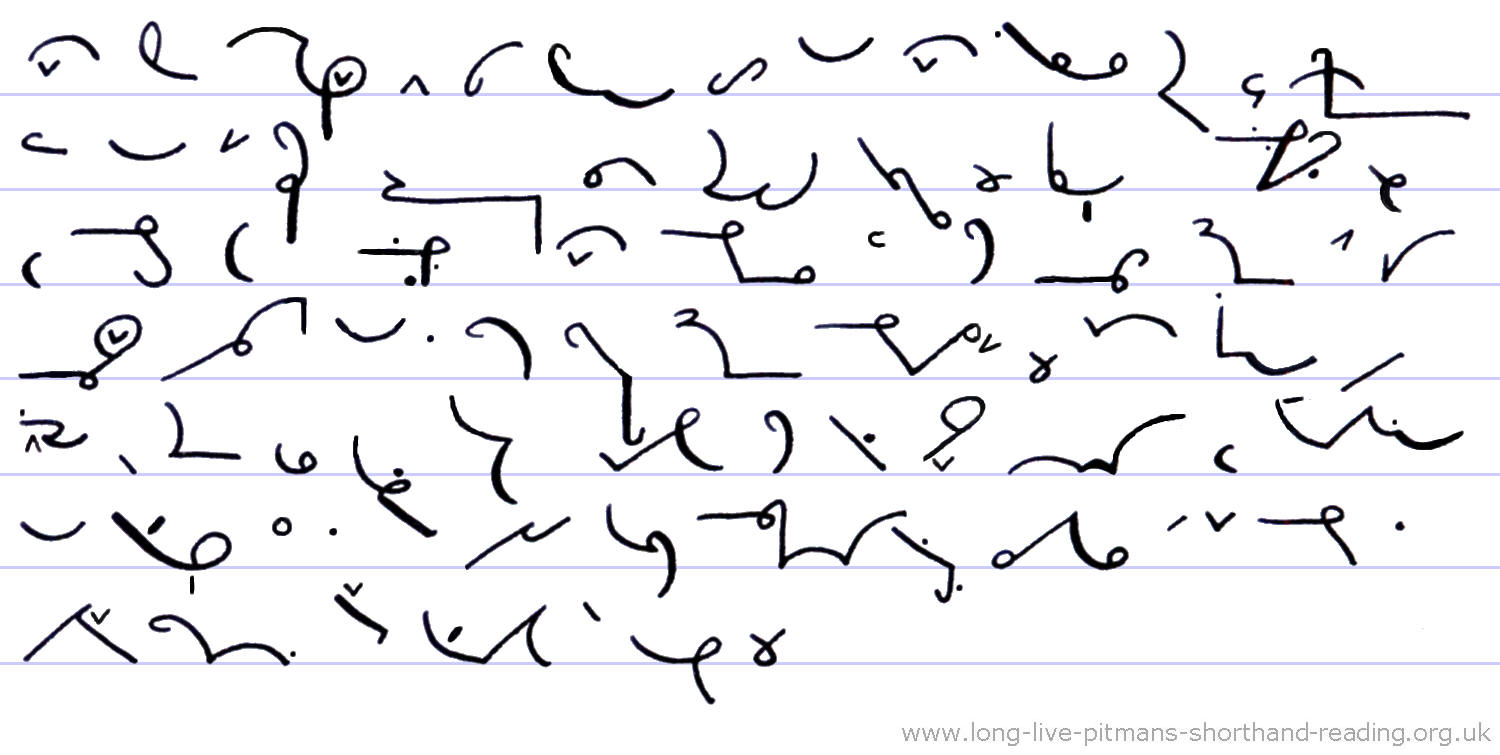
My staff EMPHASISED how well everything went in my ABSENCE, especially
when the Managing Director* called in on the Thursday to collect some
ESSENTIAL papers. It is no EXAGGERATION to say that*,
without EXCEPTION, they EXCEEDED my expectations*
with their EXCELLENT work and the whole EXERCISE resulted in a very
productive work EXPERIENCE. I am contacting our accountant to ask if it
is FEASIBLE for them to receive their pay rises immediately, without
FORFEITING any bonuses, as a reward for their EXTREMELY competent
service, and I expect a reply from him by the FOURTH of next month.*
* "expectations" Optional contraction
*
"Managing Director" Write the intersection
first, as it is spoken first
* Omission phrases "ne(k)s(tmon)th" "to s(ay) that"
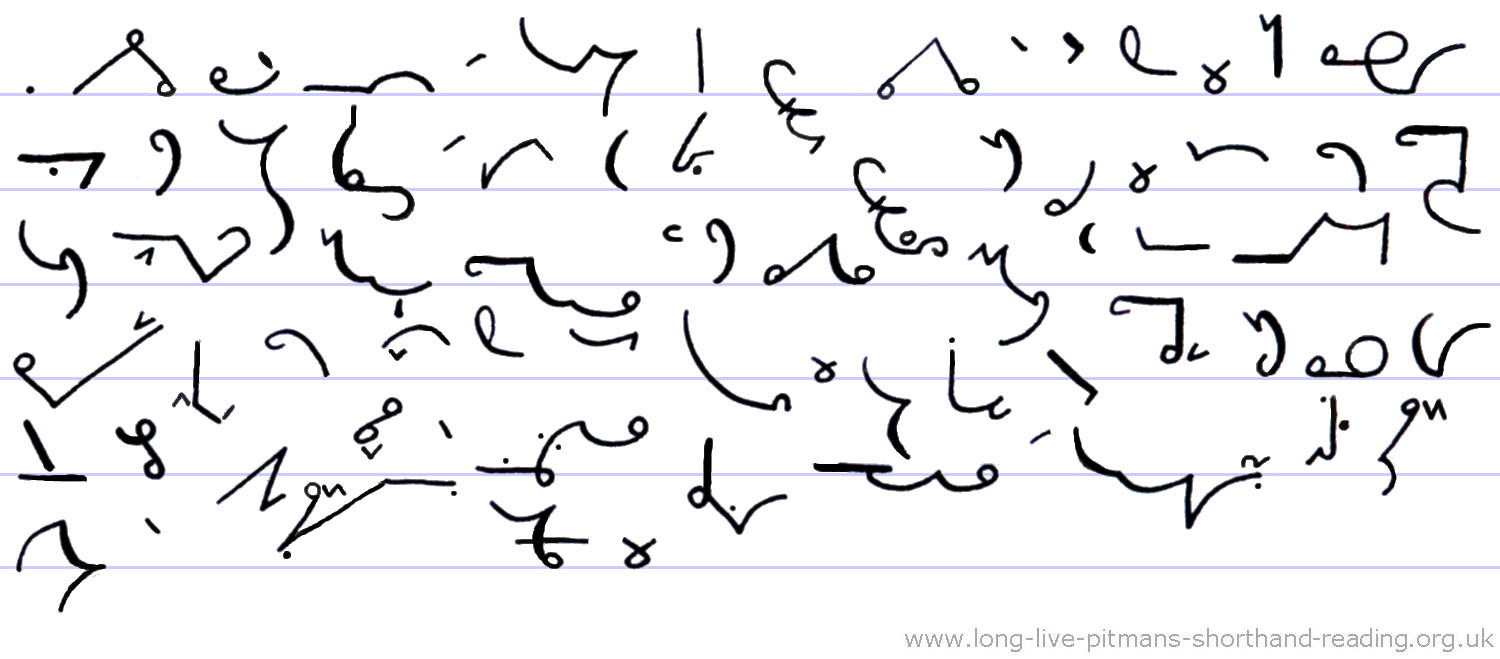
The response soon came and FORTUNATELY it FULFILLED the hopes of all the
staff. I had successfully GAUGED their enthusiasm on this occasion* and
helped them ACHIEVE the FULFILMENT of their wishes. I am very GRATEFUL
for their co-operation, I have no GRIEVANCE with their service and I
feel sure* that I can GUARANTEE superior output from my staff in the
future. If they continue to be the GUARDIANS of their own success, they
will become INDISPENSABLE, reach the heights of EXCELLENCE, dispel
IGNORANCE and eventually attain the highest level of HIERARCHY in this
company. (884 words)
* "occasion" moves its shun hook to the other side in this phrase, to
balance the circle S
* Omission phrase "I fee(l) sure"
Top of page
Misspellings 3 (18 September 2015)
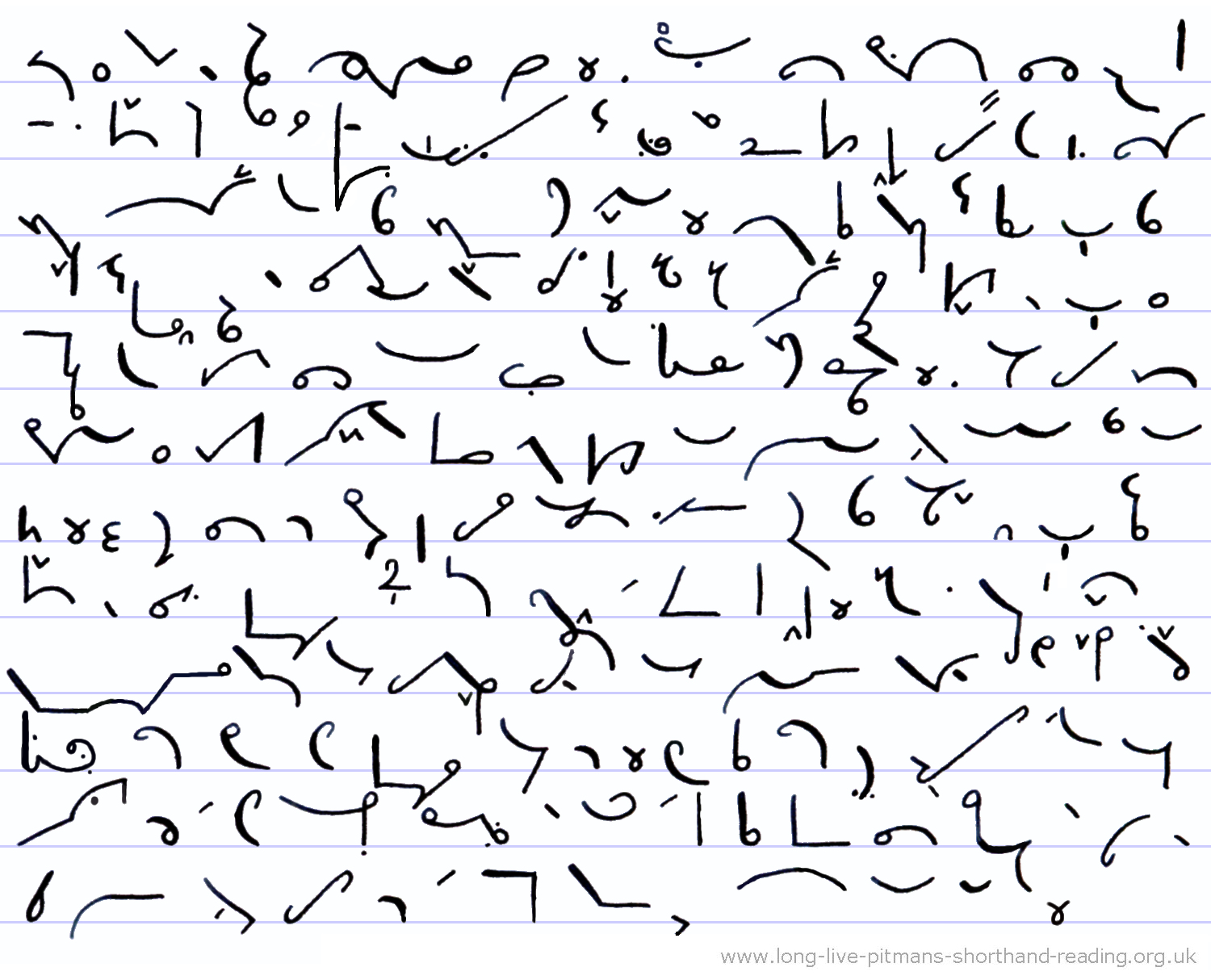
Here is Part 2 of this month’s* misspellings list. The narrator Mr
Speller seems to have had quite a time of it and is totally unaware that
the events of his week turned out the way they did merely to provide
material for others to practise their writing. Maybe it is better that
he does not know this and that he continues to think it is all happening
by chance! On the other hand*, I think really he would be delighted to
know his activities have helped someone in their quest for advancement*
of their skills. The only way to improve spelling is to read reliable
text, and to be diligent in looking up anything that is in doubt. When
you see the same word spelled* different ways in the same article,
especially those online, you know that it is time to hit the dictionary
shortcut on your browser and check it out. I have a button on my
bookmarks bar for the website shown in the link below, as that site
combines definitions from several other dictionaries for each word.
However, it is very easy to wander off into related words and other
interesting snippets of information and it does take some strength of
will* to just look up the one word and get back to the matter in hand.
http://dictionary.reference.com
* Omission phrases "of this (mon)th's" "on the oth(er ha)nd"
* "advancement" When "-ment" cannot join, just "-nt" is used instead
e.g. announcement, achievement, pavement. Disjoining the Mnt stroke
would be "-mental"
* "spelled" Note that "spelt" uses upward halved L
* "strength of will" The noun "will" is always written in full. The verb "will" in phrases
can be shortened to just the L stroke.
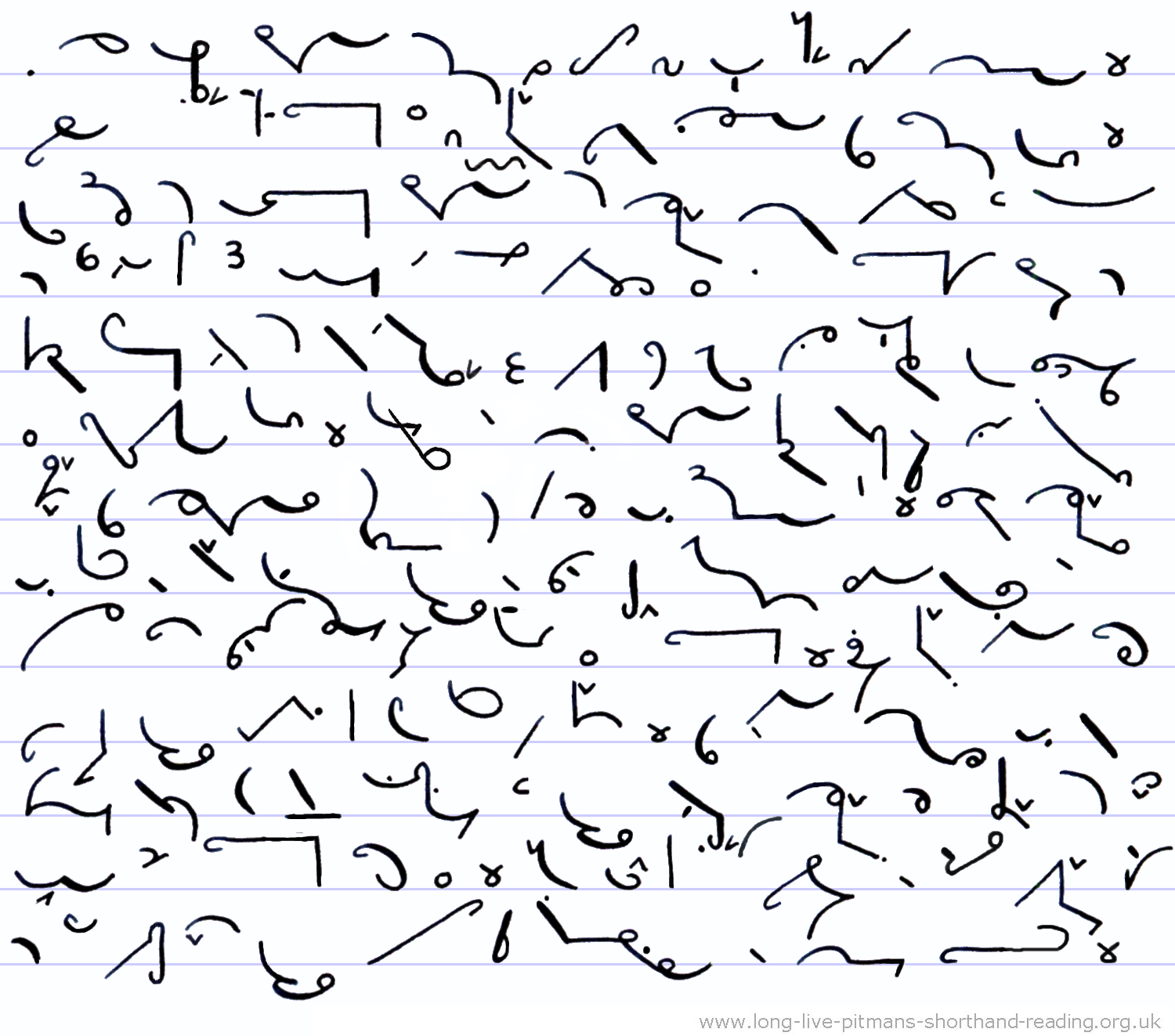
The most insidious spelling error is the one you have no idea you are
making. Using "Autocorrect As You Type"* will be masking these from your
view. Even worse, your incorrect spelling or mistype may be replaced
with another word that is not at all what you intended, and because the
replacement is a correctly spelled word, it will not be flagged up or be
obvious when you read through, and even less noticeable if someone else
is proofreading for you. For the purposes of improving spelling, it
would be better to just let the computer highlight these misspellings,
so that you can see which words need working on. Simple mistypes need
attention too, by forcing the fingers to slow down and form certain
combinations of letters more slowly until the fault is corrected.
Consistently typing wrong versions will teach the fingers to repeat it
ever faster each time. These wrong* movements need to be eliminated
before they become entrenched, with fingers obediently mistyping words
despite your mind knowing what the correct version is. I have found it
useful to always retype the whole word, in order to* retrain my fingers,
rather than just backspacing to make the correction.
* "Autocorrect As You Type" The wavy underline shows that this is a whole longhand phrase
* Omission phrase "in ord(er to)"
* "wrong" It is helpful to insert the vowel, as here it could be misread
as "writing"
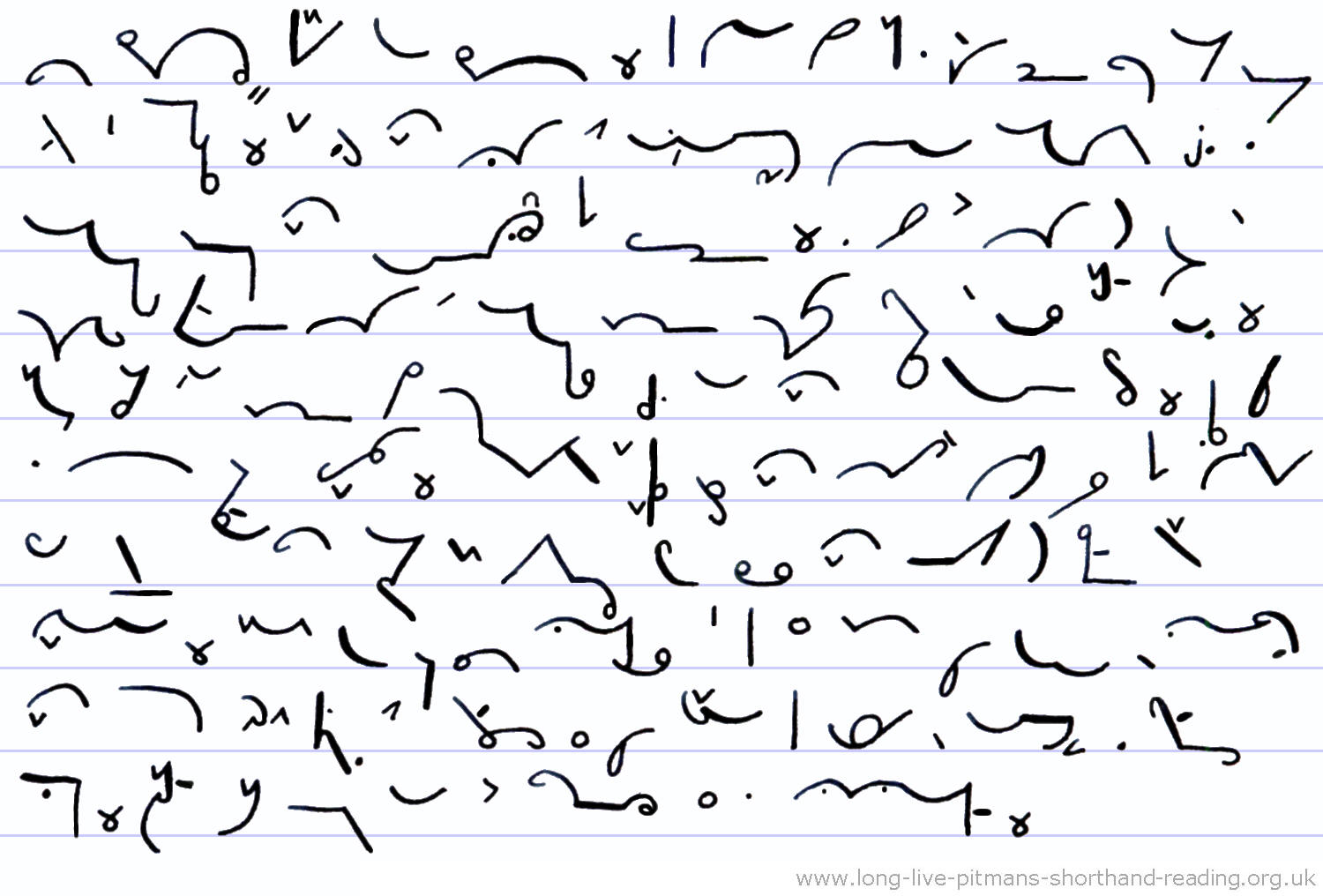
Mr Speller’s diary for September. At long last I had a whole week free
in which to catch up on activities. I opened my mail and the INNOCUOUS
looking envelope contained an invitation to get my INOCULATIONS at the
clinic. The rest of the mail was full of IRRELEVANT junk mail and
invitations to make IRRATIONAL purchases of things I don’t need. I have
the INTELLIGENCE not to make such IRREPARABLE dents in my bank balance.
It’s just a matter of choosing wisely. I decided to spend my morning’s*
LEISURE hours at the LIBRARY in order to* become more KNOWLEDGEABLE
about repairs, ever since my garage was struck by LIGHTNING*. I now have
to do some MAINTENANCE on it, as I am still having to MANOEUVRE* my car
around the debris and the postman is still finding it NECESSARY to
NEGOTIATE the broken gate. I don’t think I shall keep any of the
fragments as a MEMENTO.
* "morning's" The dash for "-ings" is used for both plurals and
possessive
* Omission phrase "in ord(er to)"
* "lightning" This is a nounce, without an "e". The
words lighten, lightened, lightening
are the verb. "It has been thundering and lightening all night, and
everyone heard the thunder and saw the lightning."
* US = maneuver
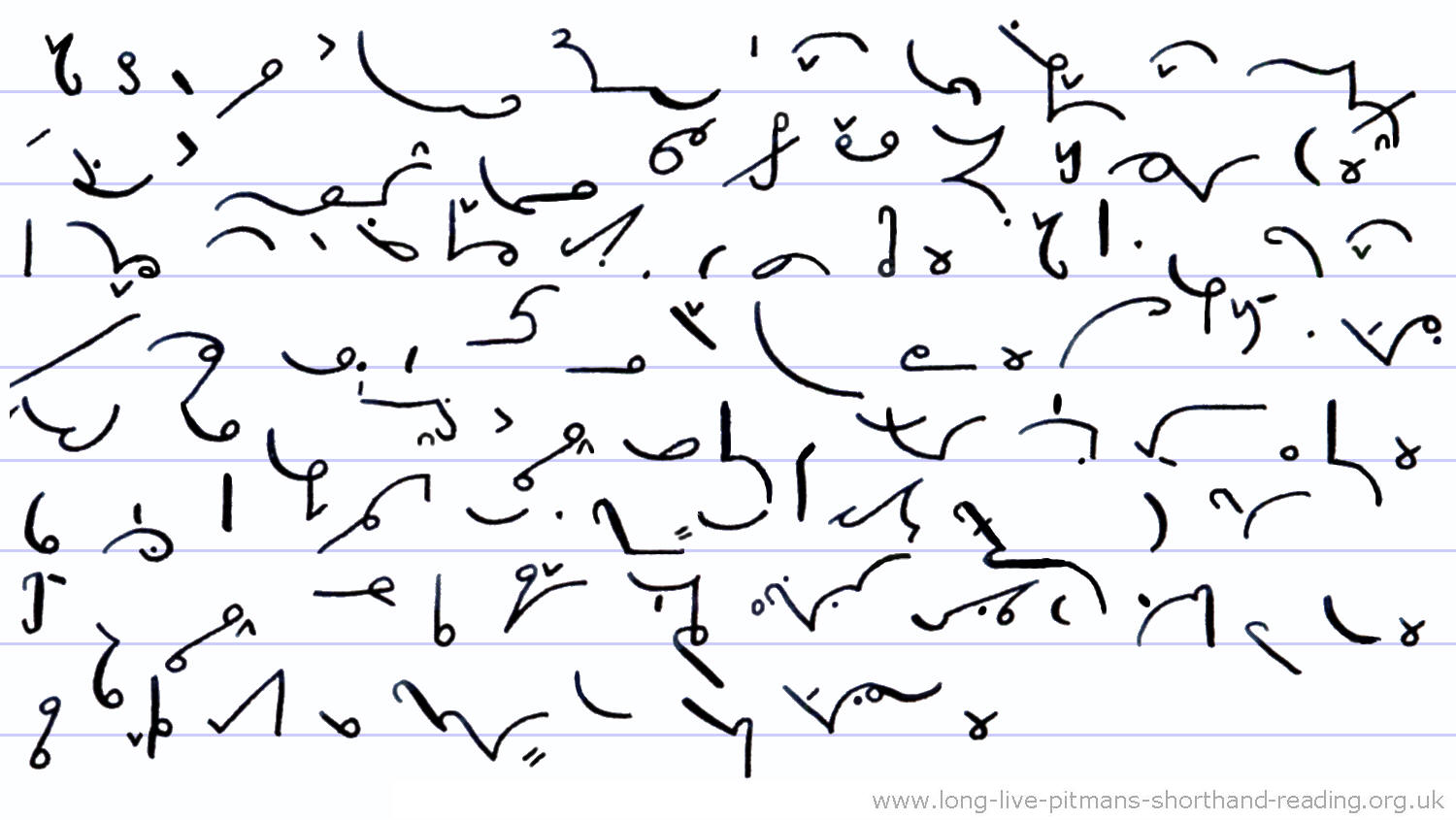
I then spent two hours of the afternoon working on my favourite*
PASTIME, my MINIATURE railway and painting all the MINUSCULE figures, as
well as the railway station signs ensuring I did not MISSPELL them. It
reminds me of PAST TIMES watching the old steam trains. I then had a
visit from my rather MISCHIEVOUS NIECE who OCCASIONALLY comes by after
school. Later on I saw a police OFFICIAL visit the OCCUPANT of the house
next door who had unfortunately* OMITTED to lock his door. This OMISSION
had resulted in a break-in and we think the burglar was PARTICULARLY
drawn to this house because of its highly NOTICEABLE PARALLEL handrails
that older people have. He has decided to write to his Member of
PARLIAMENT* for better policing.
* "favourite" Compare "favoured" which has an anticlockwise Vr, in order
to distinguish these two
* "Unfortunately" Optional
contraction
* Omission phrase "Member (of) Parl(iament)"
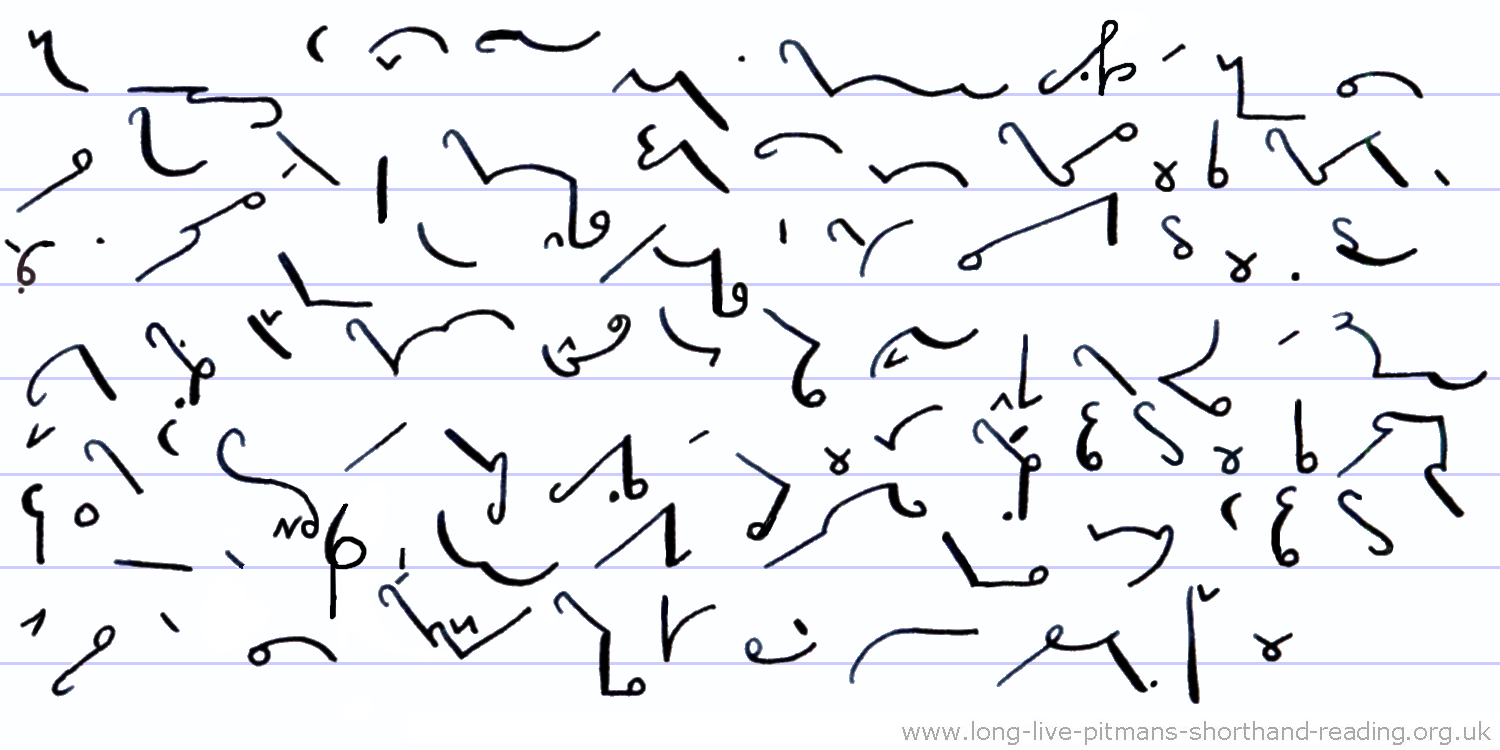
I have come to the conclusion* that my garden should not be a PERMANENT
wasteland* and I took some hours drawing up different PERMUTATIONS that
would be more to my PREFERENCE. It is PREFERABLE to consult a REFERENCE
book for RECOMMENDATIONS on PARTICULARLY hardy plants. The planting will
be PRECEDED by PRELIMINARY foundations for the paths, laying out the
PRINCIPAL shapes and working on the PRINCIPLE that flowers are better
than weeds and PIGEONS. I will PROCEED with this plan. It is REGRETTABLE
that it has come to this state but having read the RELEVANT books, I am
sure that with this plan and the use of some PROPRIETARY products, it
will soon look REASONABLY tidy.
* Omission phrase "come (to the con)clusion"
* "wasteland"
Not omitting the T, as that might be misread as "wetland"
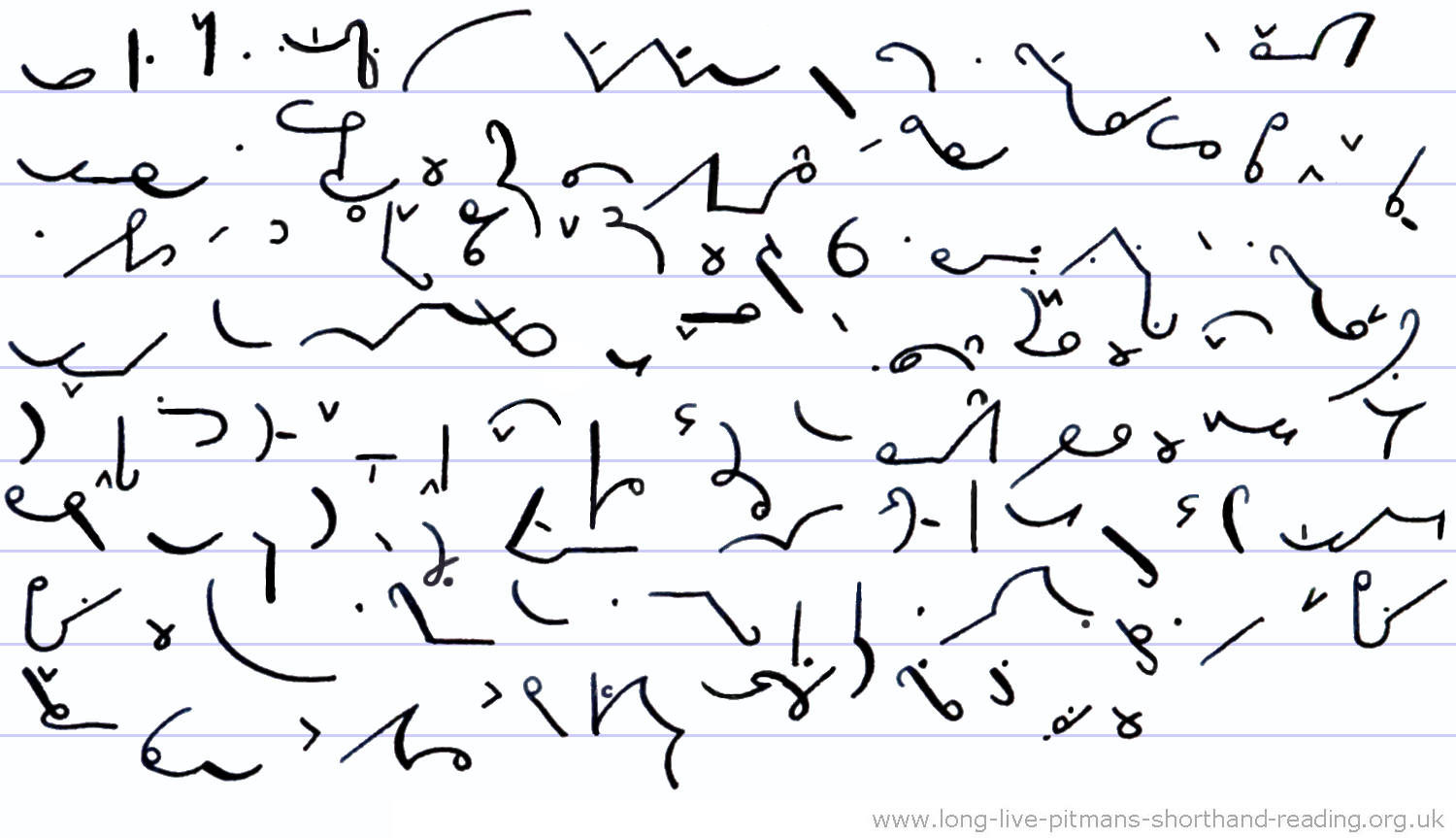
Next day I had an unaddressed letter PURPORTING to be from a PROFESSOR
of PSYCHOLOGY enclosing a QUESTIONNAIRE. There were some RIDICULOUS and
SURPRISING questions* such as how I choose a RESTAURANT and what type of
SANDALS I wear. I believe this is a sneaky REPETITION of a previous
enquiry for marketing purposes under the guise of consumer SCIENCE. My
shredder was out of action so I cut out my details with the SCISSORS for
security reasons. I knew the only SENSIBLE thing to do was to SEIZE the
junk mail and throw it in the bin with the other unwanted STATIONERY.
After a break for a cup of tea, it was a relief to spend an hour on the
STATIONARY bicycle, listening to the RHYTHMS of the special TWELFTH
anniversary brass band concert.
* "question" Optional contraction
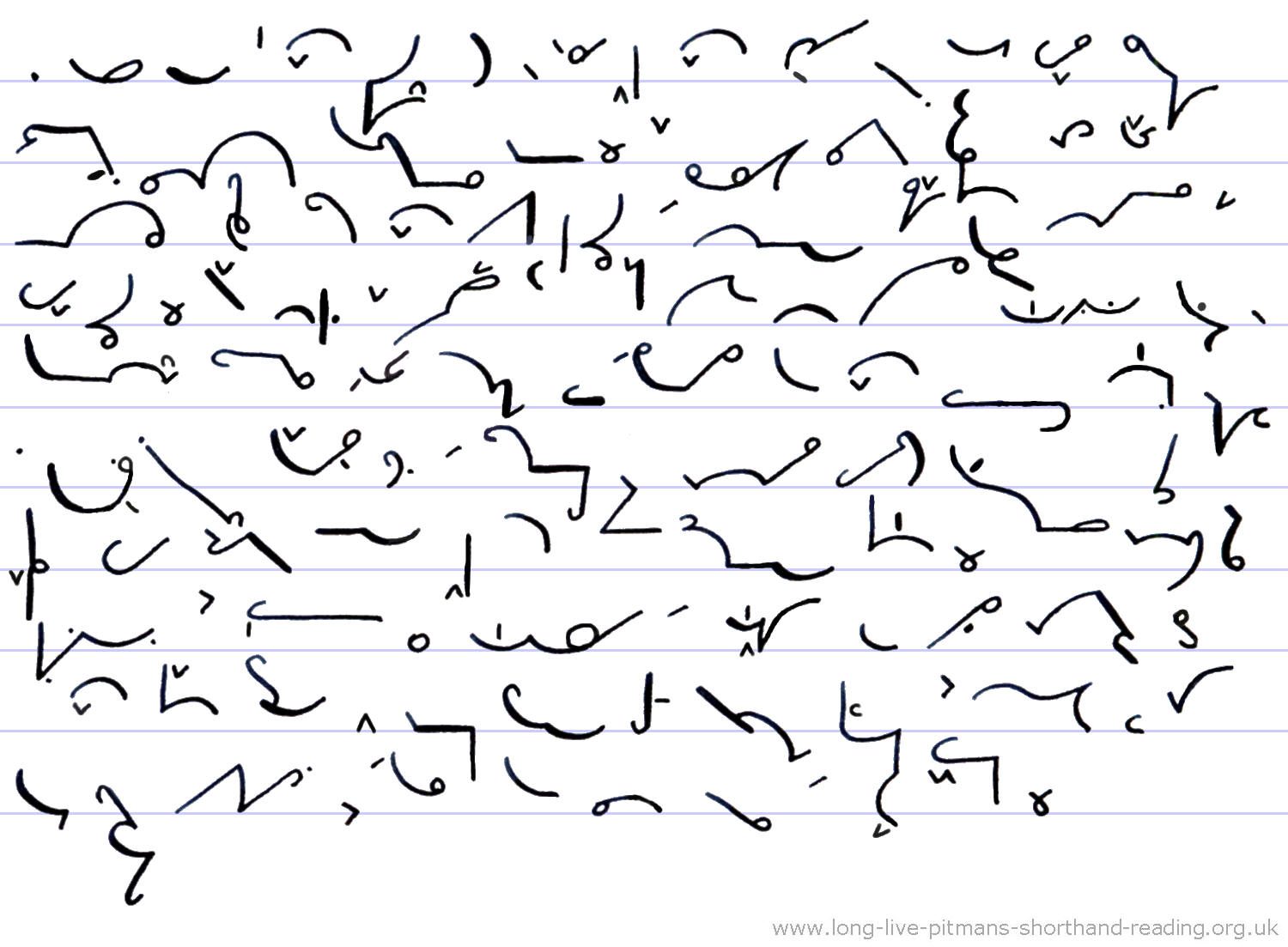
The next thing on my SCHEDULE was to sort out my laundry, putting in the
whites SEPARATELY, and grouping SIMILAR fabrics together. I SINCERELY
hope that this time I will not find the colours TRANSFERRED from my red
tee shirts and making highly VISIBLE marks on the white shirts. By
midday I REALISED that I had left important letters unwritten, failed to
VACUUM the carpets, not yet ordered the gold SOVEREIGNS for my
collection, OMITTED to deal with a VICIOUS computer virus threat and
forgotten to check tomorrow’s WEATHER forecast, which would decide
WHETHER I would be going out or working at home. I am sure all this
TYRANNY of the clock is UNNECESSARY and UNDOUBTEDLY, if it rains, I will
be able to spend my time planning how to get everything done before the
TWENTIETH of the month, when I will have the PRIVILEGE of returning to
the office for some peace and quiet. (1109 words)
Top of page
Can't And Won't (24 September 2015)

Can't get my neck any closer (White-faced
Woodland Sheep)
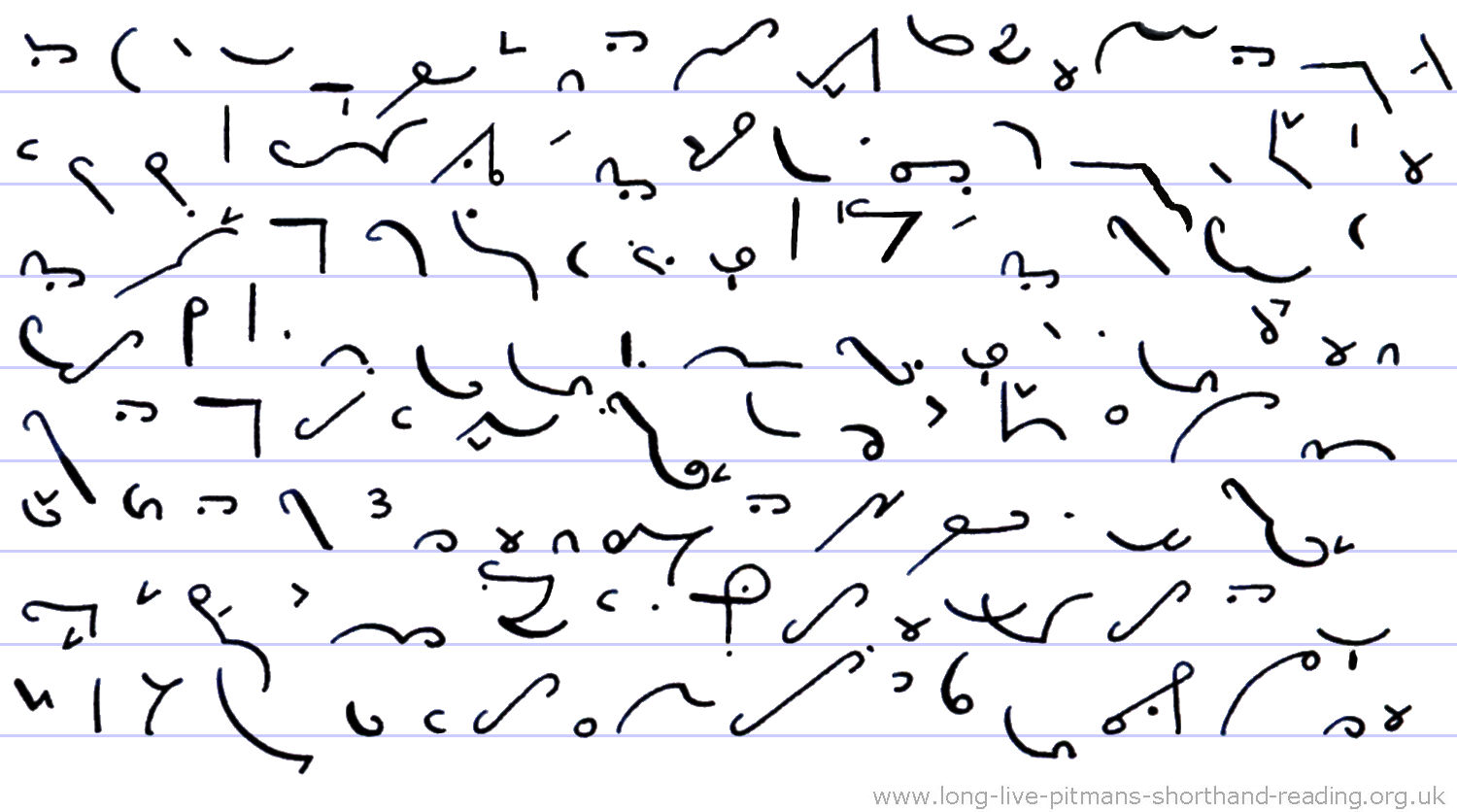
I can’t think of any good reason why you can’t learn to write fast
shorthand. Longhand can’t keep up with people speaking at normal rates
and you can’t always have a screen or keyboard to type on. You can’t
really get very far without complete notes at college and you can’t
remember everything that everyone said at a meeting, even if you did
make brief* notes of a few points. You probably can’t get away with
writing abbreviations for words all the time, as later on you may find
that you can’t remember what you meant. You certainly can’t run the risk
of a new abbreviation, created on the spur of the moment, clashing with
an existing one. Unfortunately* one can’t know about it until after the
event, when one is left wondering what those few hasty letters meant.
* "brief" Always insert the vowel to ensure it is not misread as
"number of"
* "Unfortunately" Optional
contraction

Couldn't decide what
colour to wear (Jacob Sheep)
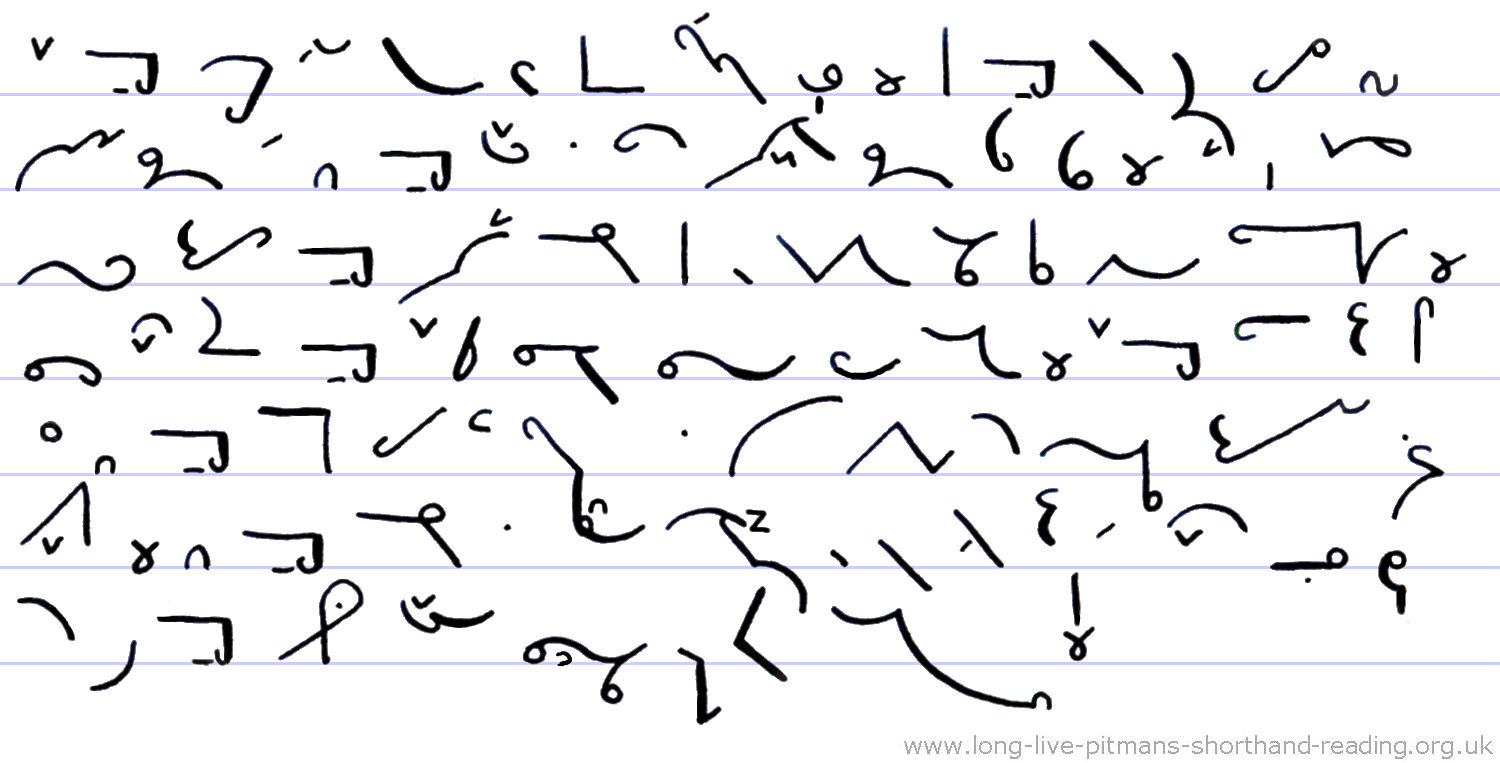
I couldn’t imagine not being able to take proper* notes. It couldn’t be
easier once you have learned the system and you couldn’t find a more
reliable system than this. But I must mention that one couldn’t really
expect it to perform unless it is written correctly. Someone might ask,
couldn’t I just scribble something near enough. I couldn’t agree with
that at all, as you couldn’t get away with producing a letter, report or
minutes that were not completely right. You couldn’t expect an employer
to put up with that and my guess is that he or she couldn’t resist
finding someone else to do the job in future!
* "proper" Always insert the
dashh vowel, and for "approproate" the diphone, as these are similar in
outline and meaning

Won't stop eating (Gloucestershire Old Spot
Pig)
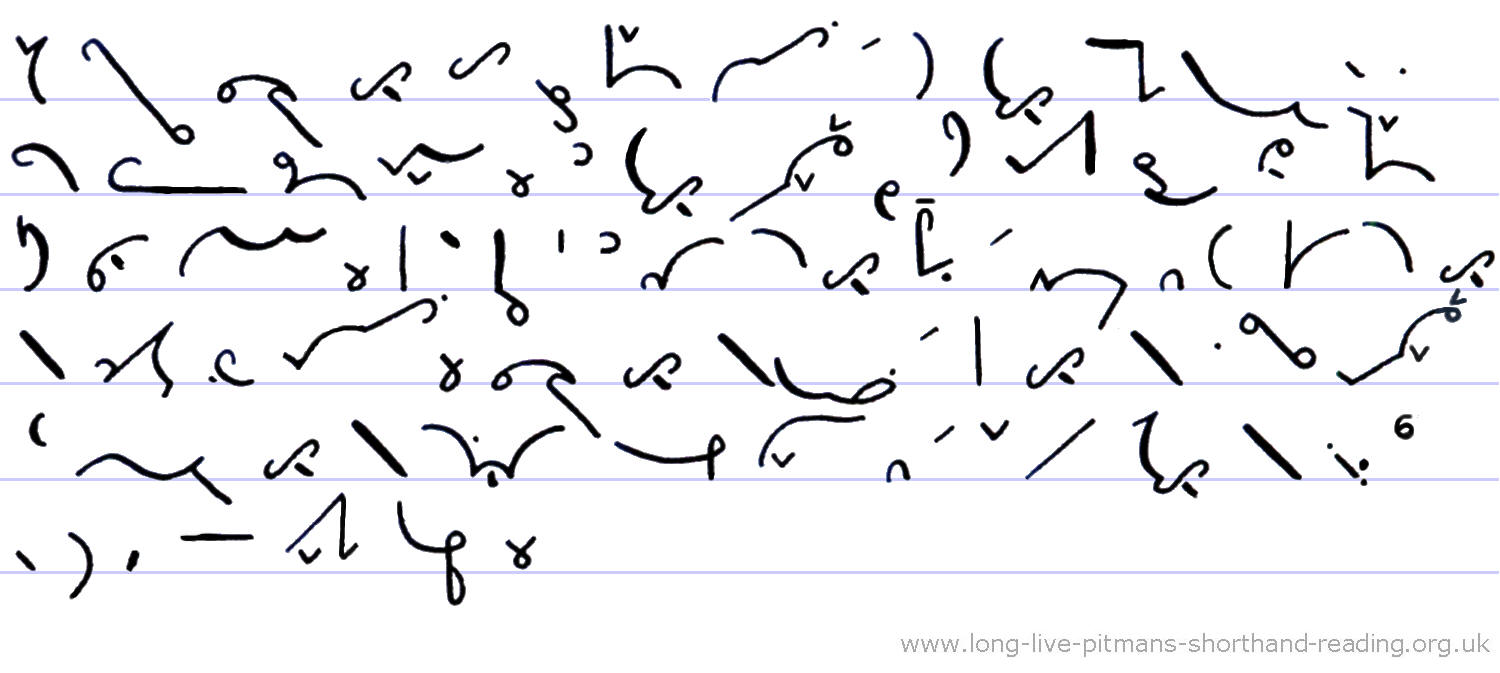
I think perhaps some people won’t want to spend time learning, and so
they won’t get the benefit of a very quick system of writing. What they
won’t realise is that they are already spending lots of time on their
slow longhand. It all depends on what you will or won’t tolerate and how
much you think it will or won’t be worth the effort of learning. Some
people won’t be convinced and it won’t be a surprise to realise that
many people won’t be remotely interested, like you and I are, and they
won’t be competing with us to see who can write the fastest.
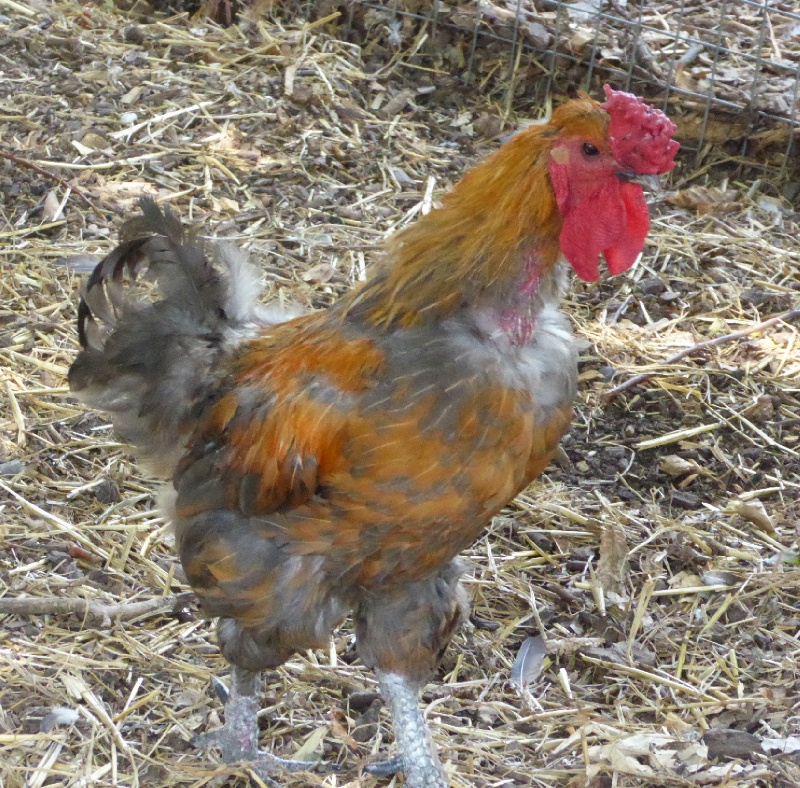
Wouldn't want anyone
to stay asleep
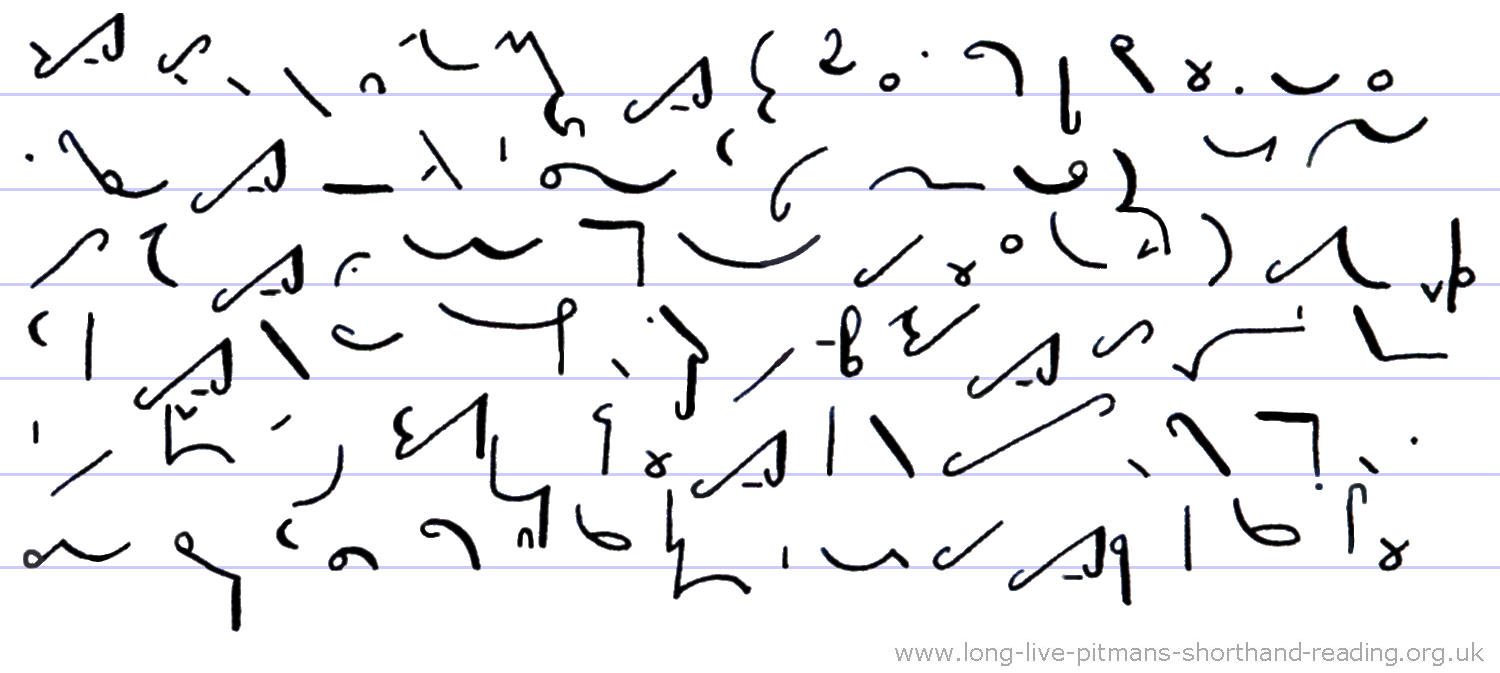
I wouldn’t want to put you off and I hope that you* wouldn’t think that
shorthand is a very difficult subject. The thing is, a person wouldn’t
give up on something that will make things easier in the long run, and
they wouldn’t let anything get in their way. As for us, we have decided
that it wouldn’t be in our interest to abandon our studies and that we
wouldn’t want to look back on our time and wish that we had continued
with it. Wouldn’t it be wonderful to remember getting to a certain speed
that seemed very fast at the time, but now we wouldn’t consider it fast
at all.
* Omission phrase "I (h)ope that
you"
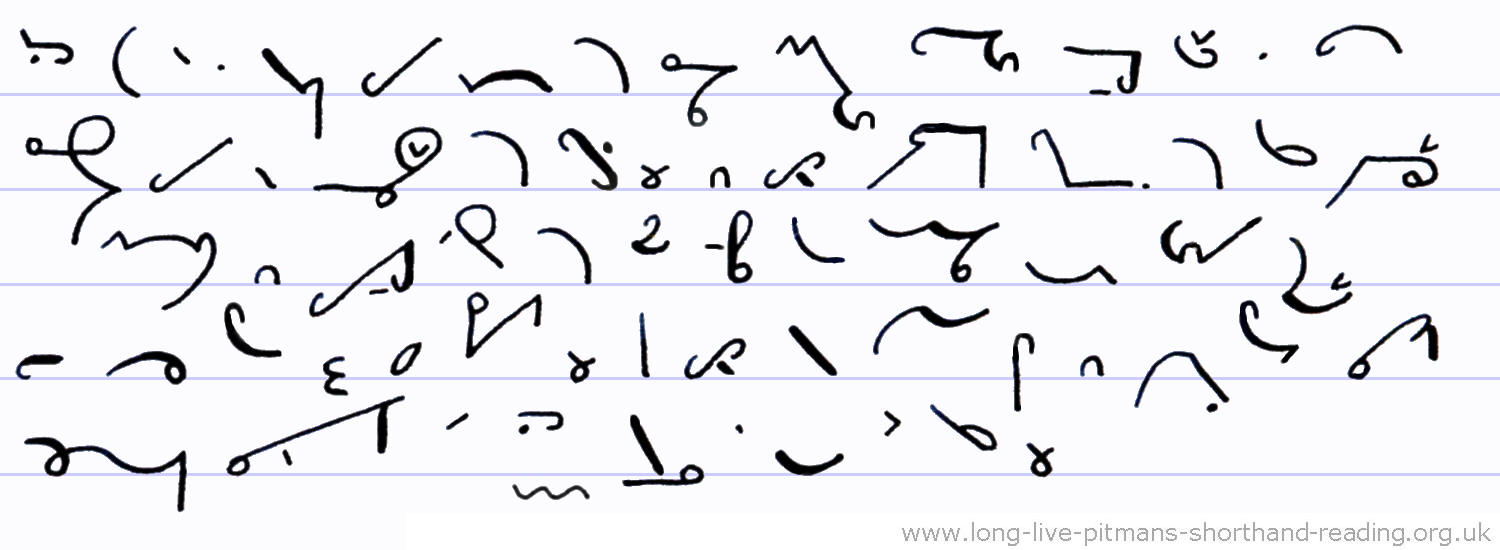
I can’t think of a better way to improve your skills and I hope that you*
agree that you couldn’t find a more successful way to exercise your
brain. You won’t regret practising your fast reactions and I am sure you
wouldn’t swap your shorthand studies for anything else, now that you are
seeing great improvements over when you first started. It won’t be long
till you leap over the hundred words a minute* hurdle and
"can’t"
becomes a thing of the past. (550 words)
* Omission phrases "I (h)ope that you" "words (a) minute"

can, cannot, can’t
could, could not, couldn’t
will, will not, won’t
would, would not, we would not, wouldn’t
Apostrophied abbreviations like above should always have the vowel
inserted, especially "can’t" which must have the vowel to distinguish it
from "cannot". See
www.long-live-pitmans-shorthand.org.uk/phrasing7-misc.htm#contractedapostrophe
The animals are all from Mudchute City Farm, London
www.mudchute.org
Top of page
|
|
